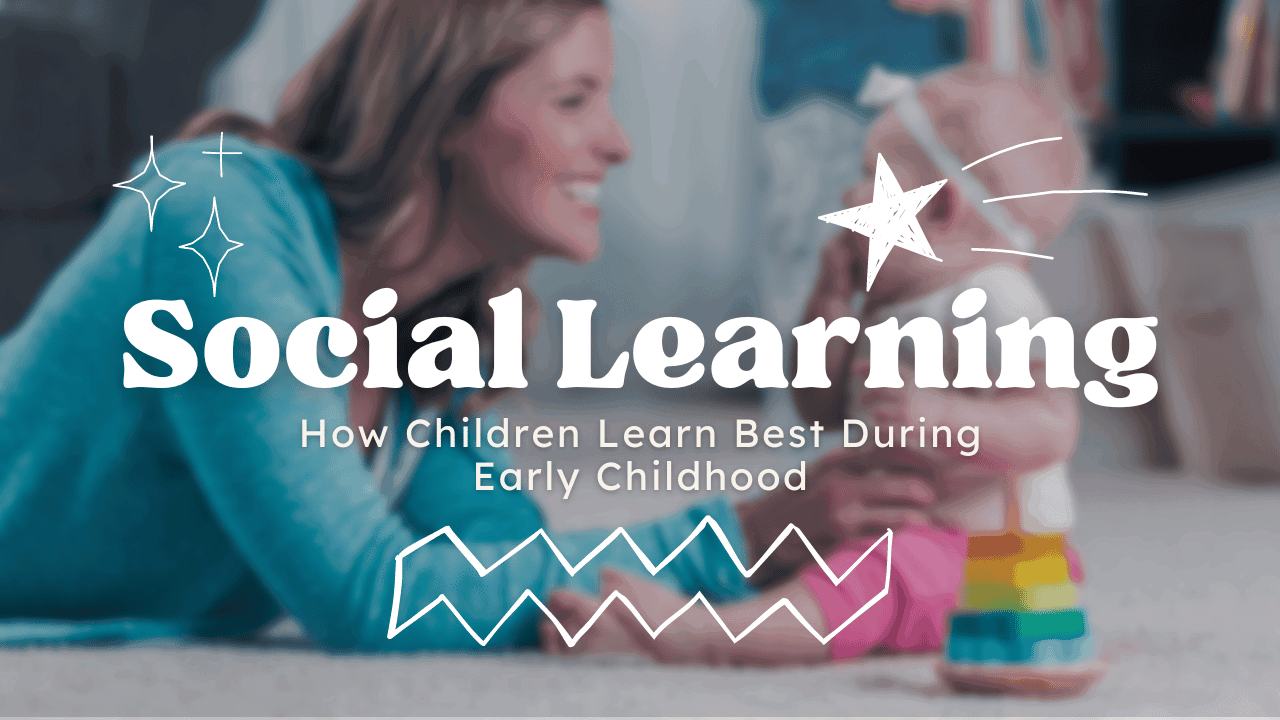
Social Learning - How Children Learn Best During Early Childhood
How often have you entered classrooms full of children that have been hushed into silence in the name of education? Ingrained into British education is this peculiar notion that children learn best in isolation, deafened by silence and treat as passive beings to be fed information by teachers. Early years settings are falling into a trap, much like mainstream primary and secondary education, of educating children like robots as we attempt to cram into their brains as much ‘knowledge’ as quickly as possible, so we can then test their mental capacity to recite what we’ve just told them. Quality learning seems to be going amiss and sacrificed in the name of quickly ticking off next steps and overcoming educational milestones. However, in our pursuit of progressing children through their educational curriculum as fast as possible, we’ve sacrificed quality learning and ignored the evidence presented to us by neurological studies of how children best acquire new knowledge and embed learning.
Since the days of Albert Bandura, Urie Bronfenbrenner and Lev Vygotsky we’ve had the inclination that social interaction played a prominent role in the adoption of behaviour and cognitive development. Since then, the advancements of neuroscience and non-evasive methods of brain mapping and scanning has helped further underline the importance of social learning in regards to knowledge acquisition and holistic development. Plenty of studies over the past few decades have evidenced how the three fundamental strands of social learning, which are observational, imitation and interactive learning play an integral role in providing optimal learning across the spectrum of holistic development in early childhood. Within this article I want to explore what social learning is, how it plays a pivotal role in knowledge acquisition within early childhood development, why being an active participant in social learning is crucial for optimal development, as well as, exploring some of the fundamental mechanisms at play during social learning and how you can best utilize these within your environments.
Observational & Imitational Learning
Let’s start with observational learning. A relatively simple concept centered around the idea an individual observes an action, acquires some form of knowledge or understanding from what they’ve observed, and then responds inline with what they’ve learnt. Albert Bandura’s Social Learning Theory was the first formal account of this process as he introduced his idea around the importance of models and the ways in which children interpret meaning and acquire knowledge from their observations of these models. Importantly models don't have to be adults, in fact children will often acquire new knowledge, information and behaviour from the actions of their peers around them. Children are constantly observing and evaluating the world around them to see what actions and behaviour are rewarded and then seeking to replicate behaviour that in their eyes ends in a positive result. This is where 'imitational learning' joins the mix as children will act upon the behaviour, or knowledge, they've acquired via observation and imitate what they think will bring them a positive outcome. This can be as wide ranging as a child witnessing another child climb a tree and adopting their climbing technique/strategy, or adopting certain behaviour because they've seen siblings be rewarded for such actions.
Early childhood is often where observational forms of learning are most prevalent as young babies are usually non-verbal but still trying to make sense of the world and people around them. You can often see babies attempt to mirror your actions, expressions and even attempt to recreate the words and sounds you make. At this early stage of childhood development observation is at the very heart of how young brains develop cognitive, physical and social skills and the understanding needed for the more advanced stages of development soon to come. Much of the research within this field has focused on language acquisition and how children observe and listen to the language and speech of the carers around them. They use these experiences to begin to untangle and make sense of the complex sounds they hear around them. The human brain has the remarkable ability to learn language through observation and by being exposed to the different vibrations and sounds we create they begin to understand how to produce sounds of their own, and eventually replicate and master the language we use.

Mirror Neurons - A Breakthrough In Neuroscience
Definition - "Mirror neuron, a type of sensory-motor cell located in the brain that is activated when an individual performs an action or observes another individual performing the same action. Thus, the neurons “mirror” others’ actions."
Discovered in the late 20th century, when studying macaque monkey's at the University of Parma, scientists found that nerve cells existed within the frontal and premotor cortex of their brains. These cells were shown to fire both when the monkey's performed certain actions and movements, as well as, when it observed the same movement or action being carried out by another monkey, or even human. For example, we now understand that the same areas of our brains are activated (firing) in motion perception and motion production, so when we observe someone laughing the same neurons fire as if we were laughing ourselves.
Once the existence of these 'mirror neurons' was confirmed within humans through fMRI it unleashed a brand new world of possibilities and thinking about how we generate our own actions and interpret the meaning behind others actions. It gave scientific substance to the notion of 'social learning' beyond just hypotheticals and observational research. Though much more empirical evidence is needed within this field of research we can now express belief that human's actions and understanding are closely related to observational processes. For early years professionals this give us a deeper understanding of the important role observational learning plays in early childhood development and the process of knowledge acquisition in relation to speech, movement and play.
Harnessing Observational Learning For Emotional Development
Mirror neurons also provide a powerful tool for emotional development as they provide us with a framework to predict others actions and the reasoning behind these actions. Even as young as babies, we are constantly observing the actions of others as we build and develop our neurological model for understanding the 'why' behind peoples actions and predicting others behaviour. If provided with positive relationships that foster sensitivity, attunement and the loving attention children require then their observations of the world around them will be positive, allowing them to build secure attachments and develop a secure base that will enable them to freely explore their own innate curiosity and investigations. On the other hand, if a child's early observations are that of ill-treatment, abuse or a general lack of care then this will give rise to a heightened state of toxic stress and signs of hypo/hyper-arousal. Much of a child's early security and emotional well being stems from their observational processes of physical touch, attunement and general positive interactions with carers, without these early observations children will not tap into their exploratory systems or engage with social interactions that drive learning.
The world of early years can be a busy and hectic environment but it is integral that we are mindful that each and every interaction we have with children is so, so important. We shape and develop young children's understanding and perception of the world through our actions, thus we carry an enormous weight of responsibility to ensure we are constantly striving to form positive relationships at all times.
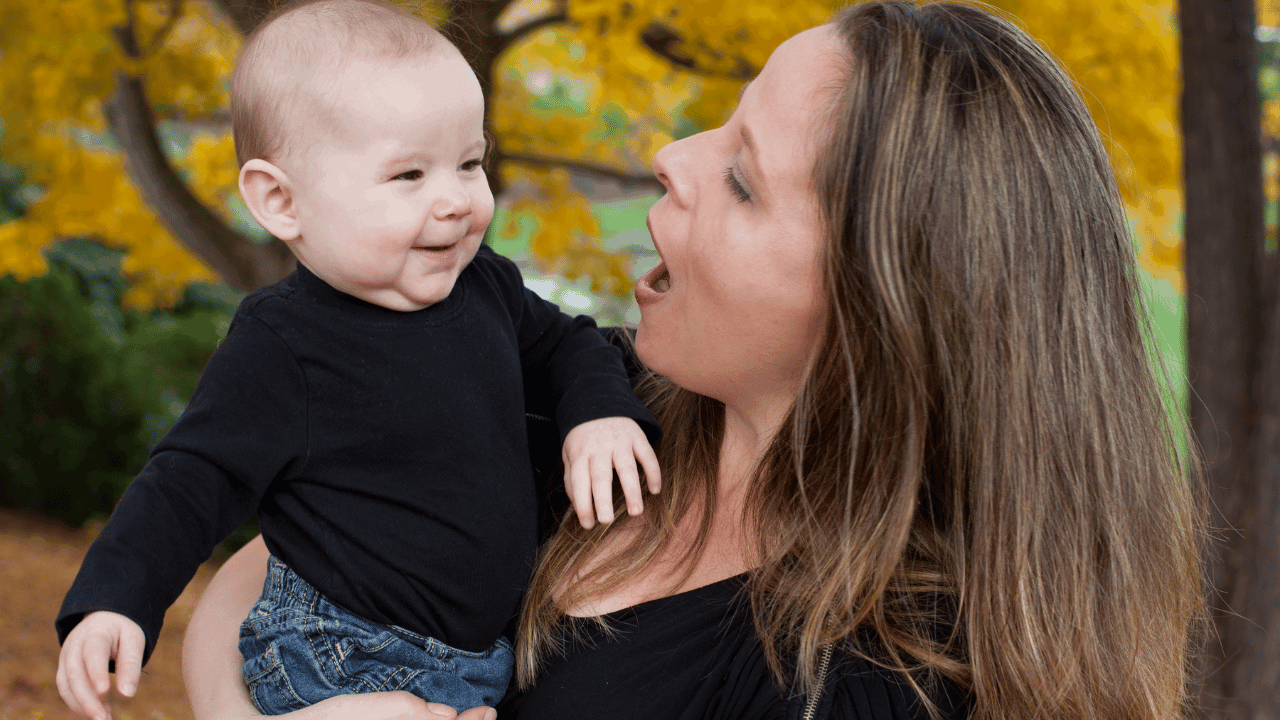
Interactive Learning - The Key To Optimal Learning Within Early Childhood
As children progress through early childhood our educational strategies and approach to learning to must progress inline with the cognitive, physical and emotional ability of the unique child. Often this will require the adoption of 'interactive learning' to deliver optimal learning as children become more social with the advancement of their emotional and communication skills. The shift from observational learning to interactive learning see's children progress from only learning 'from' someone, to learning 'with' someone, as interactive learning produces a two way flow of information. Scientific research has well documented the superior role interactive learning plays in early childhood and even into further education and adulthood. Plenty of studies have extensively documented the important role of social interaction in developing language and communication, but the benefits don't just stop there. We can see from different forms of brain measurement such as hyperscanning, the distinctive patterns and responses of the brain as a result of learning and knowledge acquisition within social environments and through interactions. During early childhood specifically we can evidence that learning 'from' people or being just a passive observer isn't enough for optimal learning. To truly excite the brain it requires the stimulus social interaction provides, to arouse motivation, spark curiosity, bolster attention and provide teachers with a flexible platform to scaffold learning as a partner in learning.
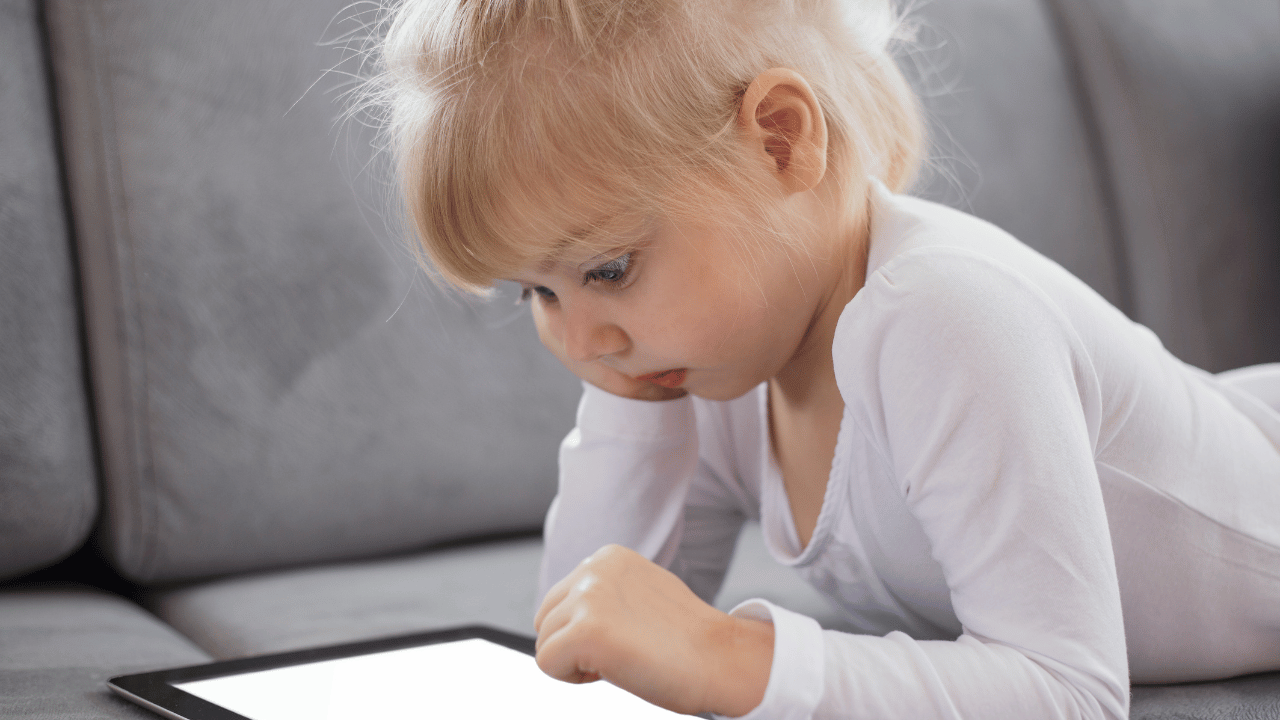
Technology - A Blessing Or A Curse?
As we prepare children for a future in a world unknown to ourselves at this time it's vital that we expose them to all facets of human life. However, there's a time and place for mastering the technological wonders our society has created. During early childhood, our focus must be on developing the core foundations of life such as basic cognitive processes, physical skills and emotional development. All the skills necessary to code and understand the complexities of technology can be acquired through play and social interaction. It's worth remembering that the individual that created the first iPad didn't need to play with one during early childhood in order to develop and manufacture it.
But back to the topic at hand! I'd like to finish this blog article by drawing your attention to a study undertaken by Kuhl PK, Tsao FM & Liu HM - 'Foreign-language experience in infancy: effects of short-term exposure and social interaction on phonetic learning.' Within this study nine-month old babies, all native to the USA, were trained to recognise Chinese Mandarin via three different mechanisms.
- The first group were introduced in person via a native speaker;
- The second group had exposure to a video;
- And the final group learnt via audio tape.
The results of the study were conclusive as the only group that demonstrated any learning was the first group that had been exposed in person to a native speaker. The other two groups showed no signs of learning despite accessing the same amount of time and content as the other group. A number of other studies and research projects have supported this conclusion showing that in-person interaction and social experiences far outweigh other technological forms of learning within the early years. Just like music, in-person interaction far outshines the use of technology to deliver the same message and experience. The brain stimulus provided to children through face to face interaction cannot be replicated through iPad videos and Alexa's singing.

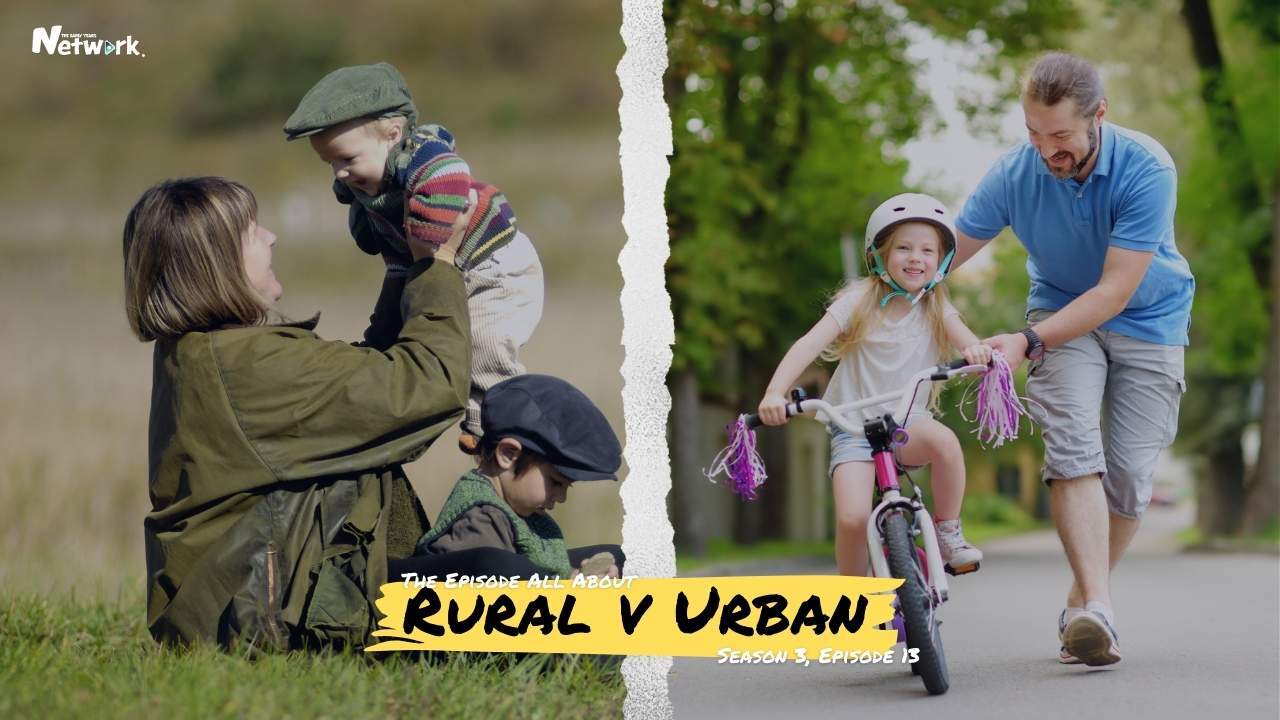

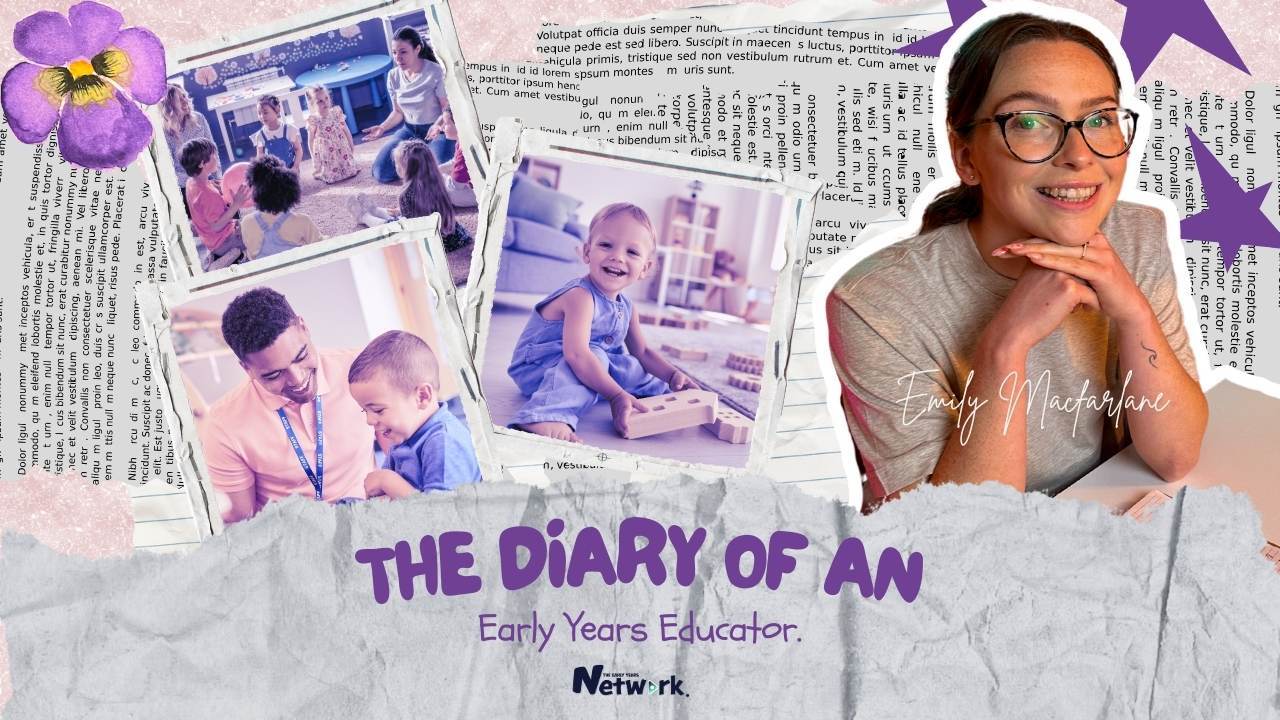
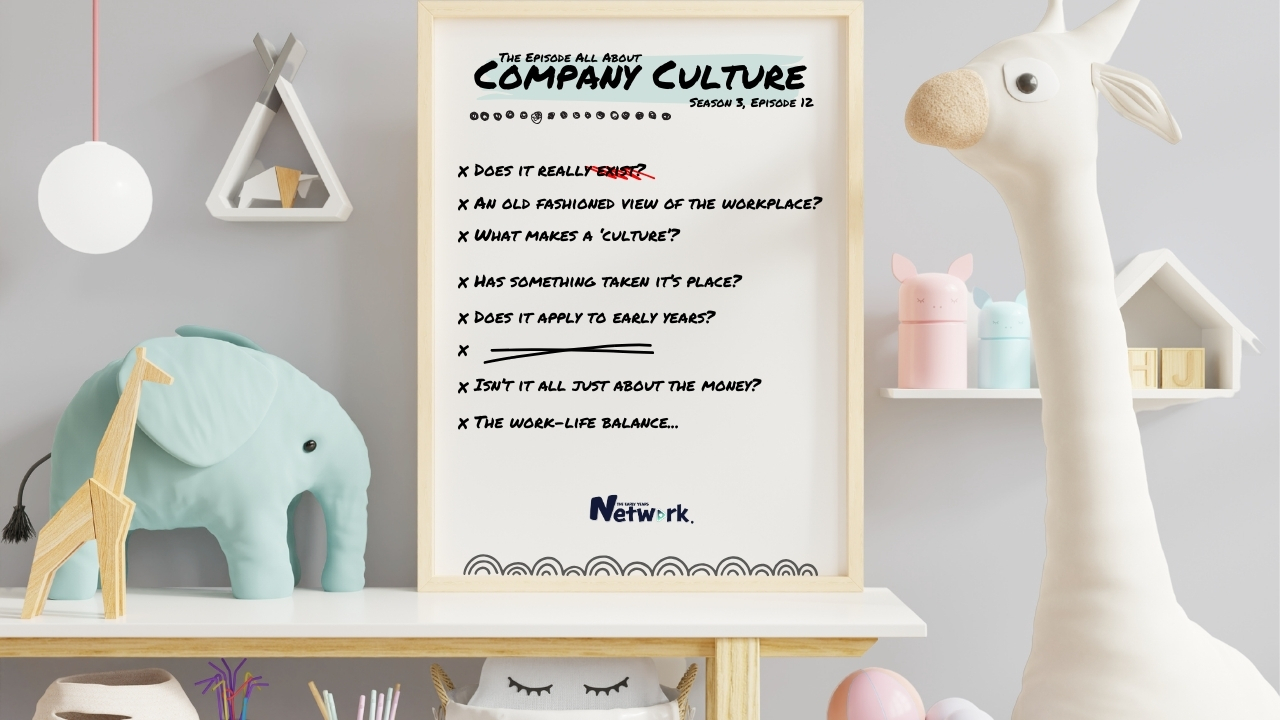
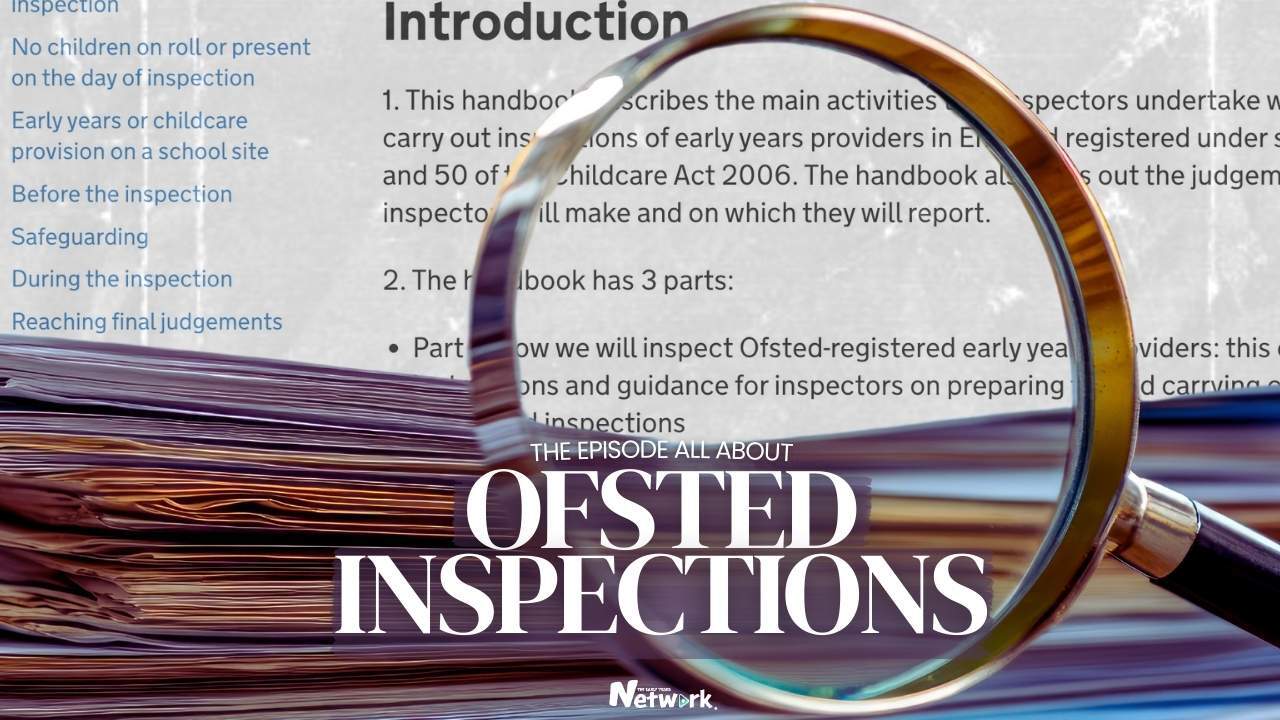
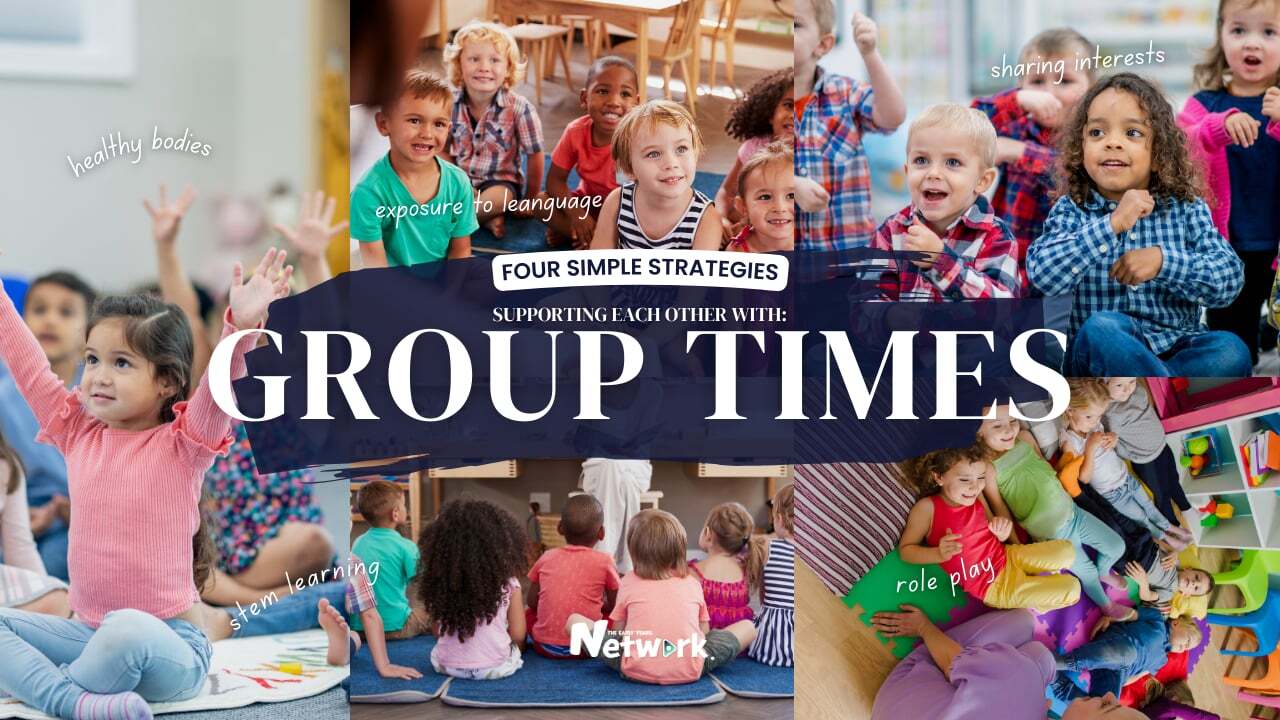
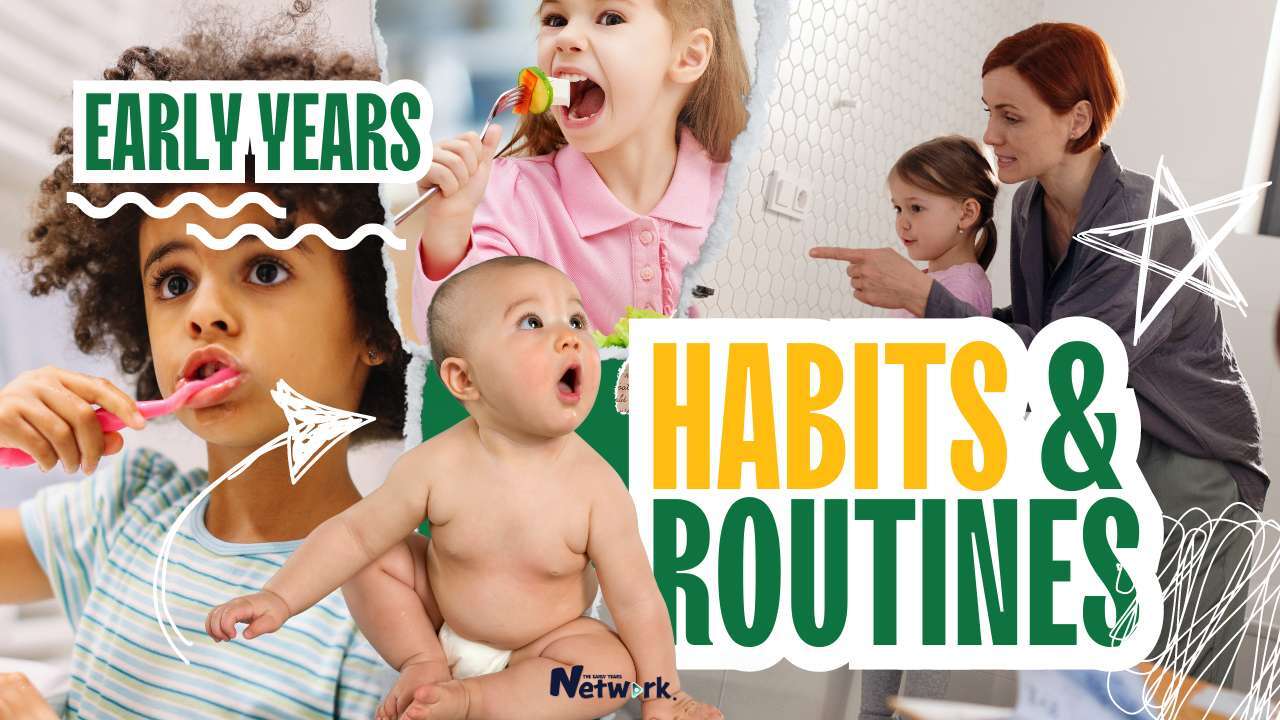
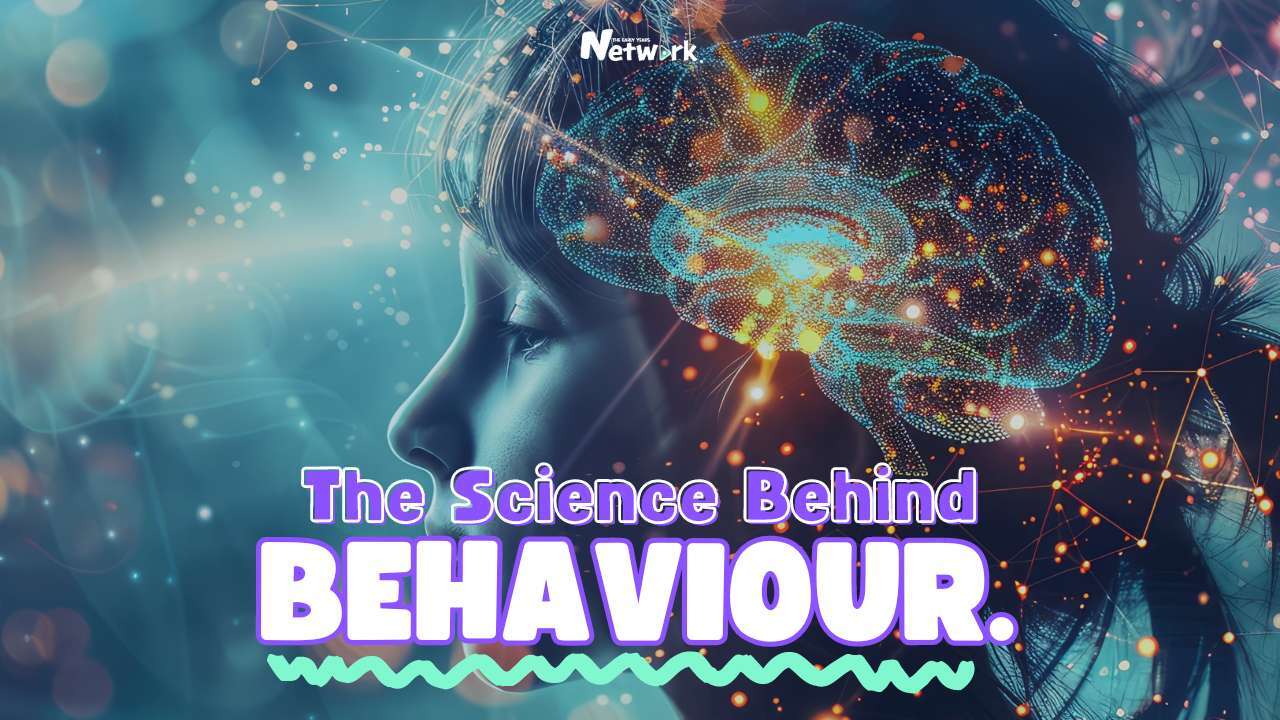
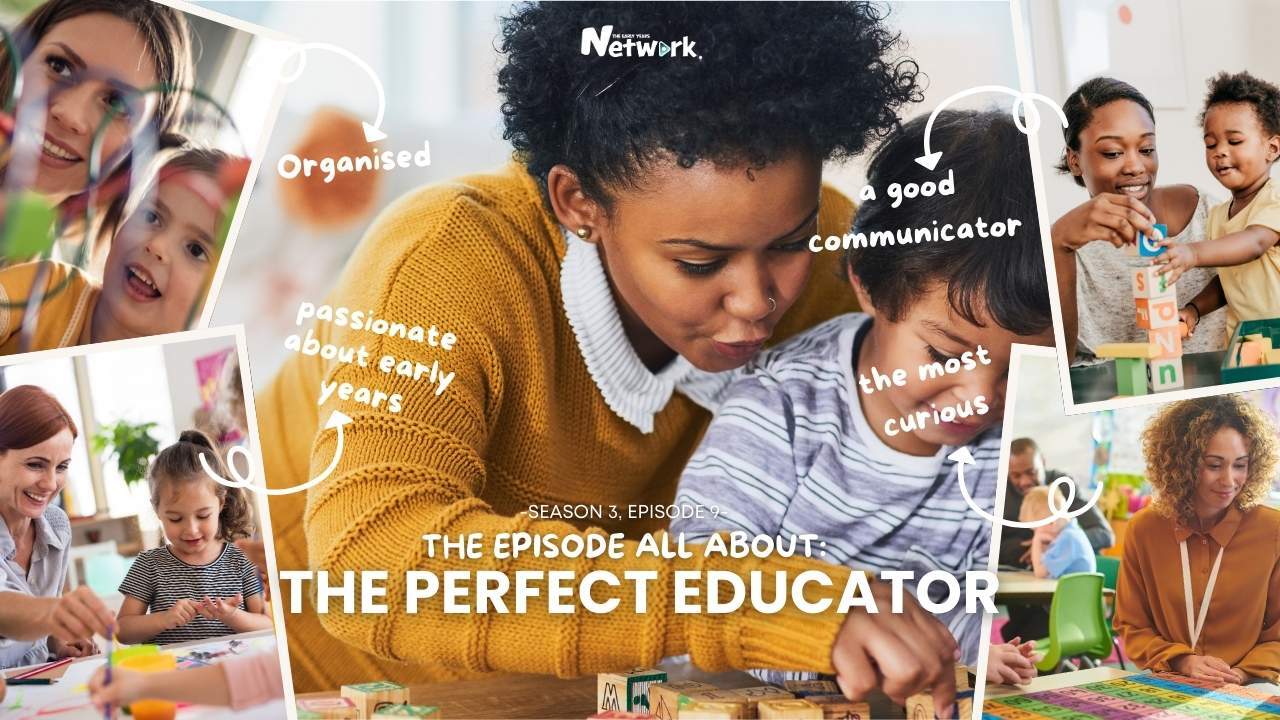
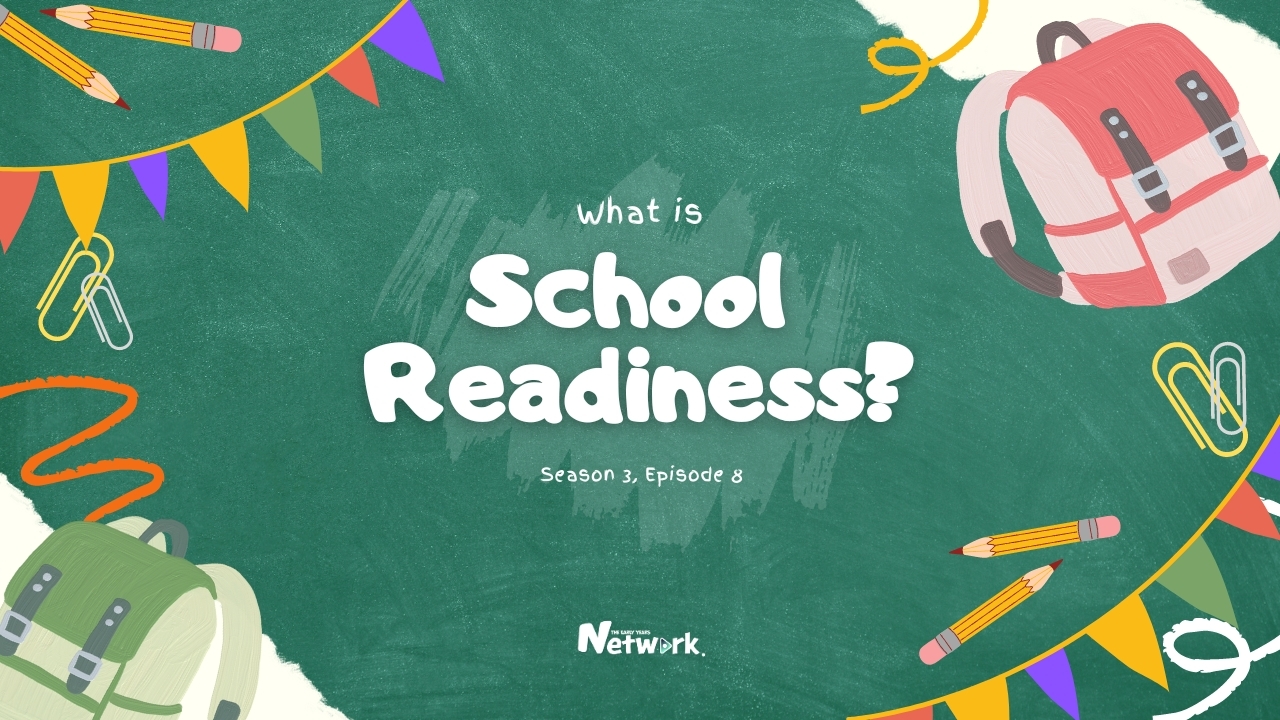
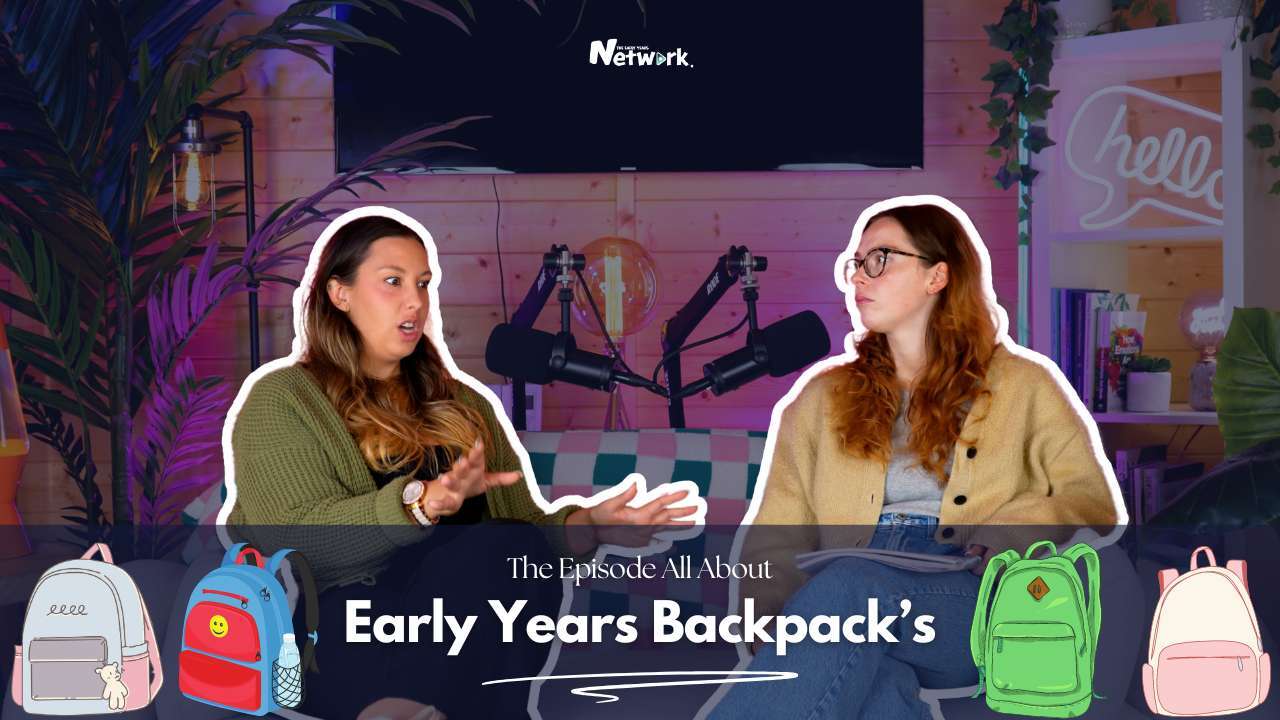
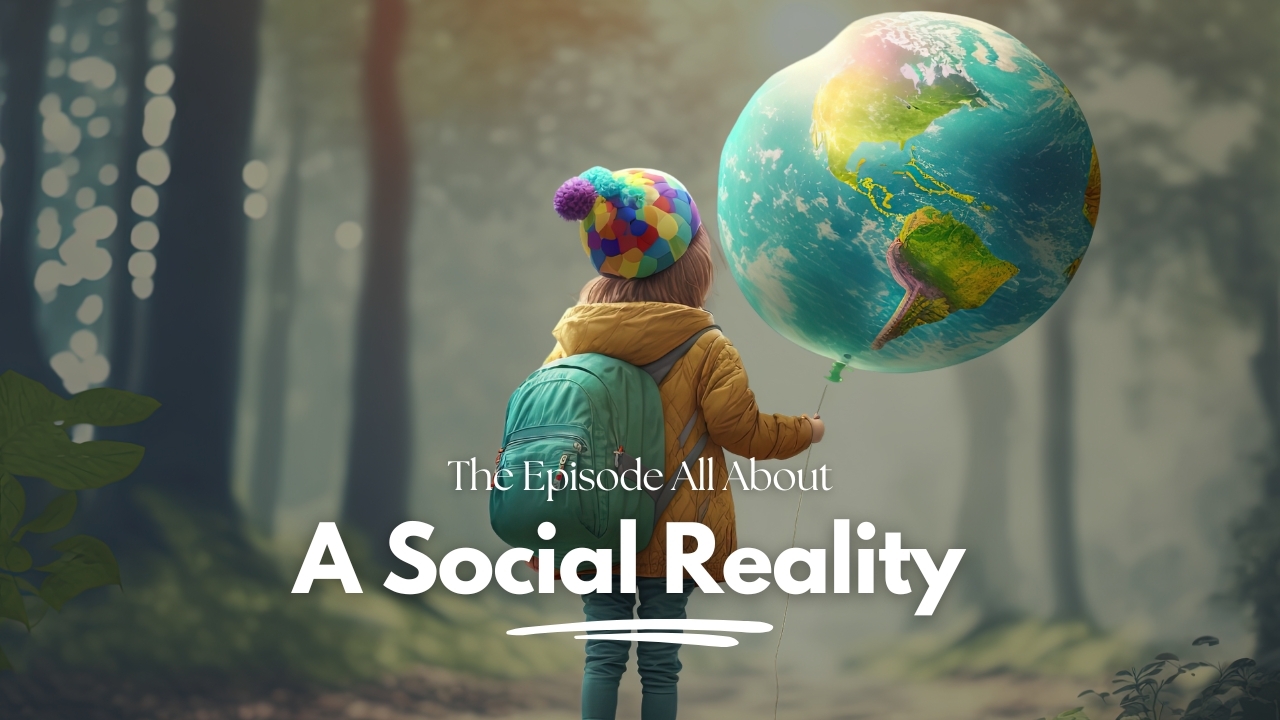
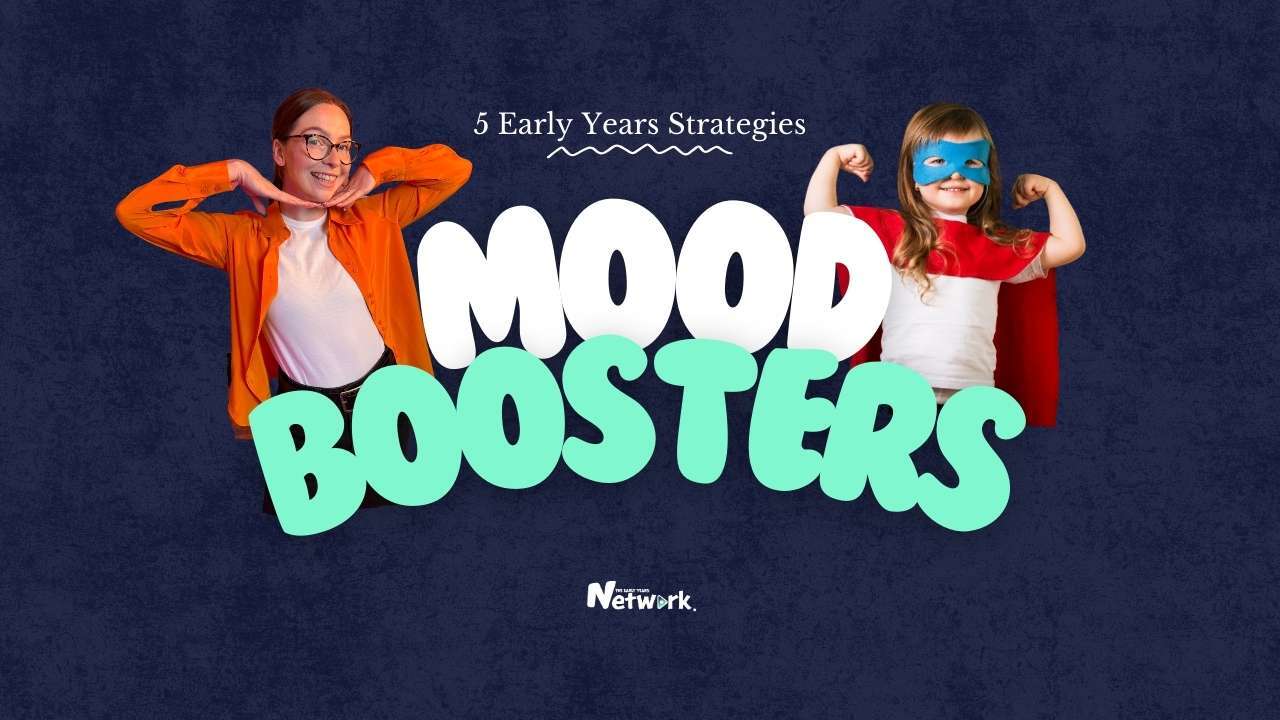
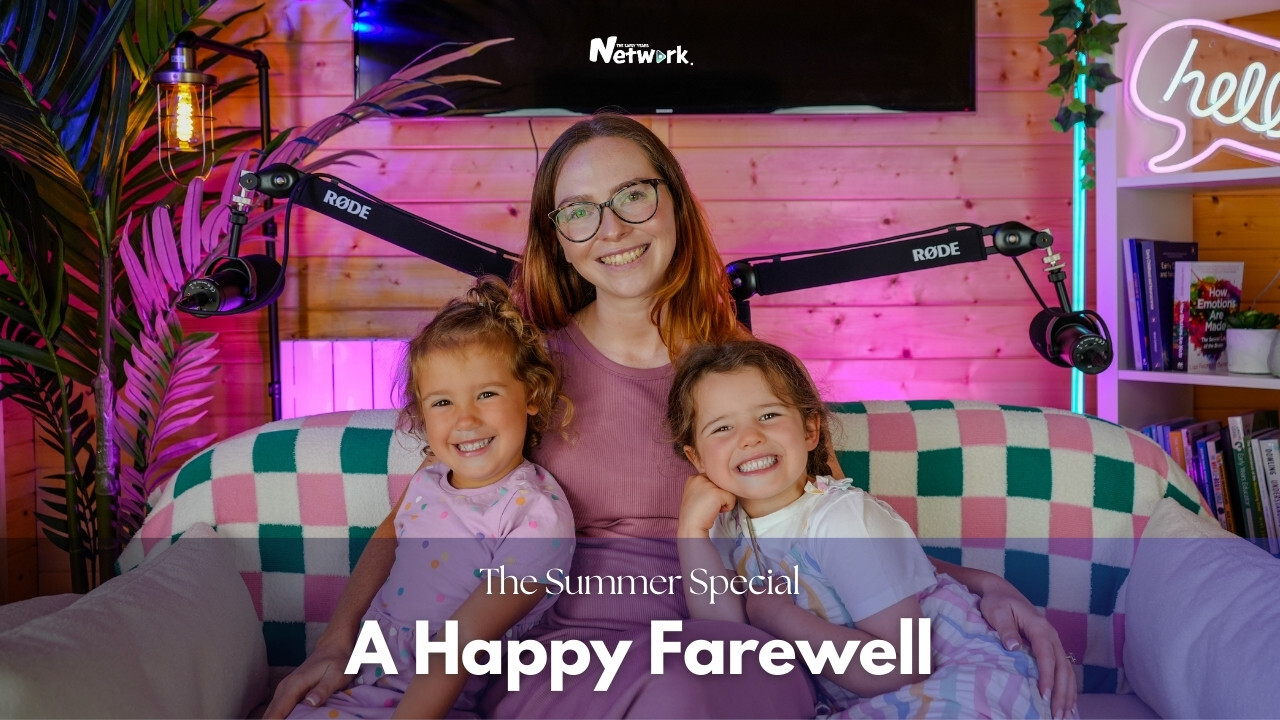

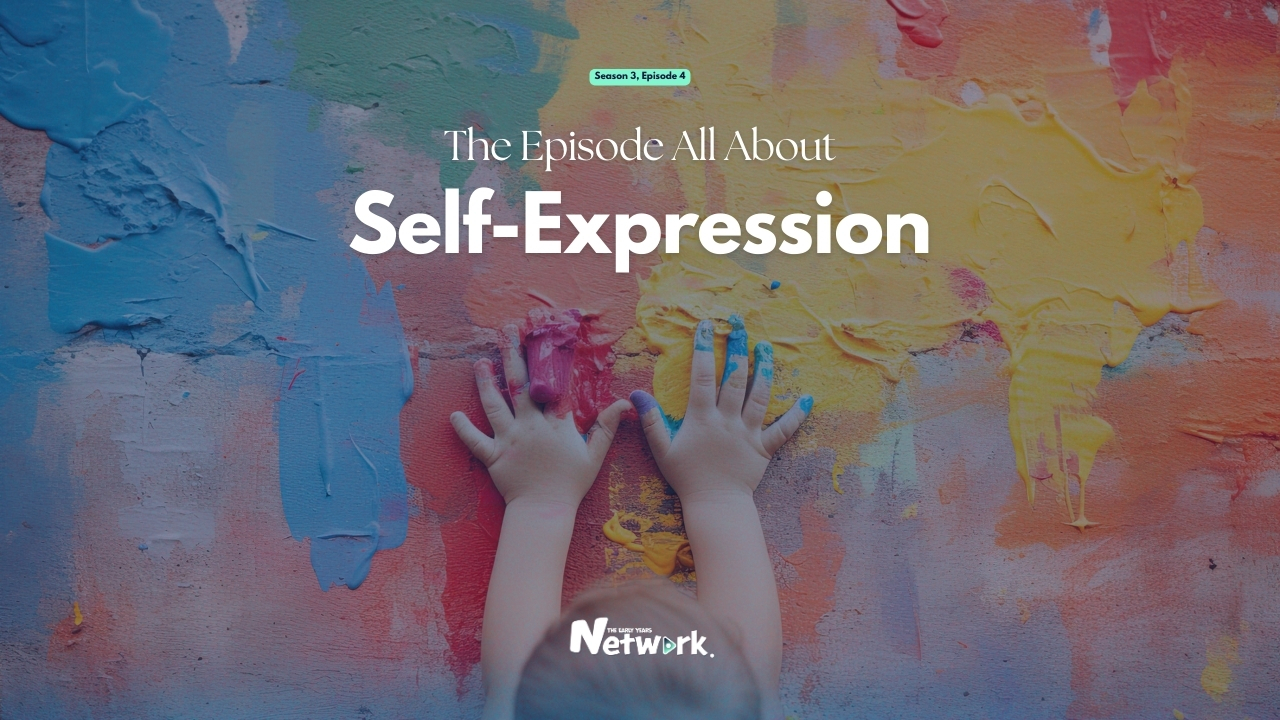
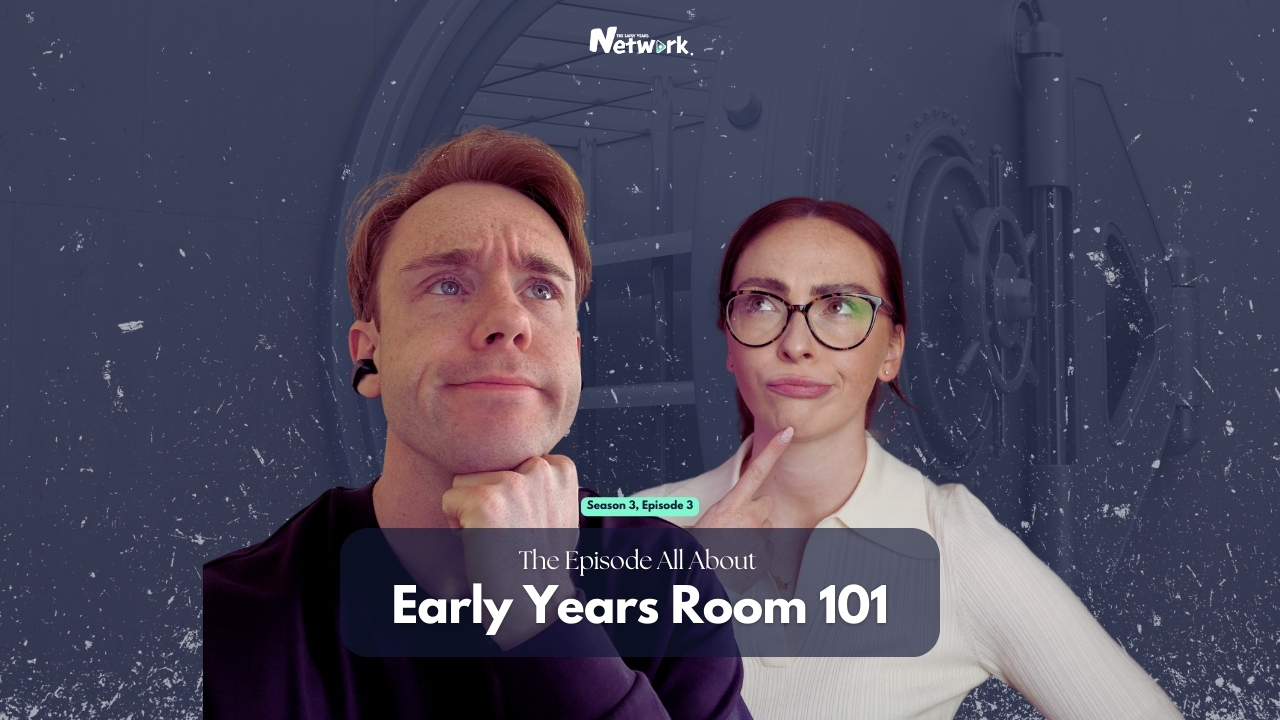
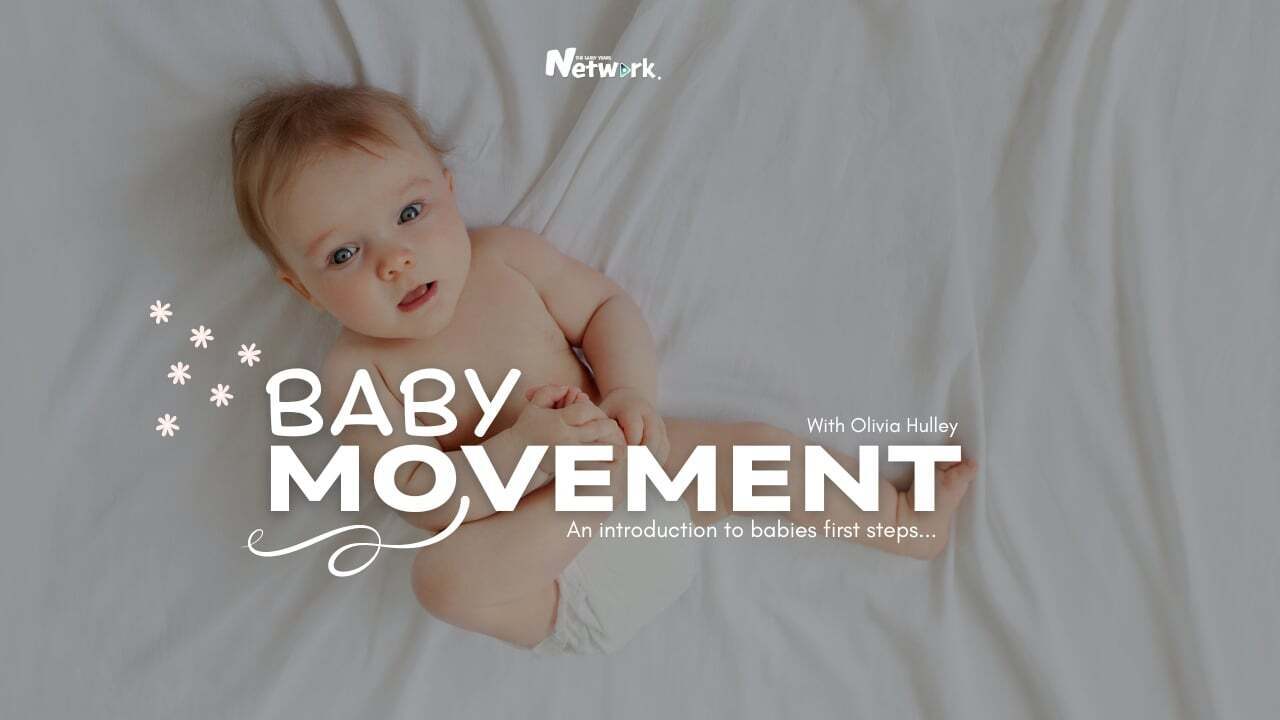
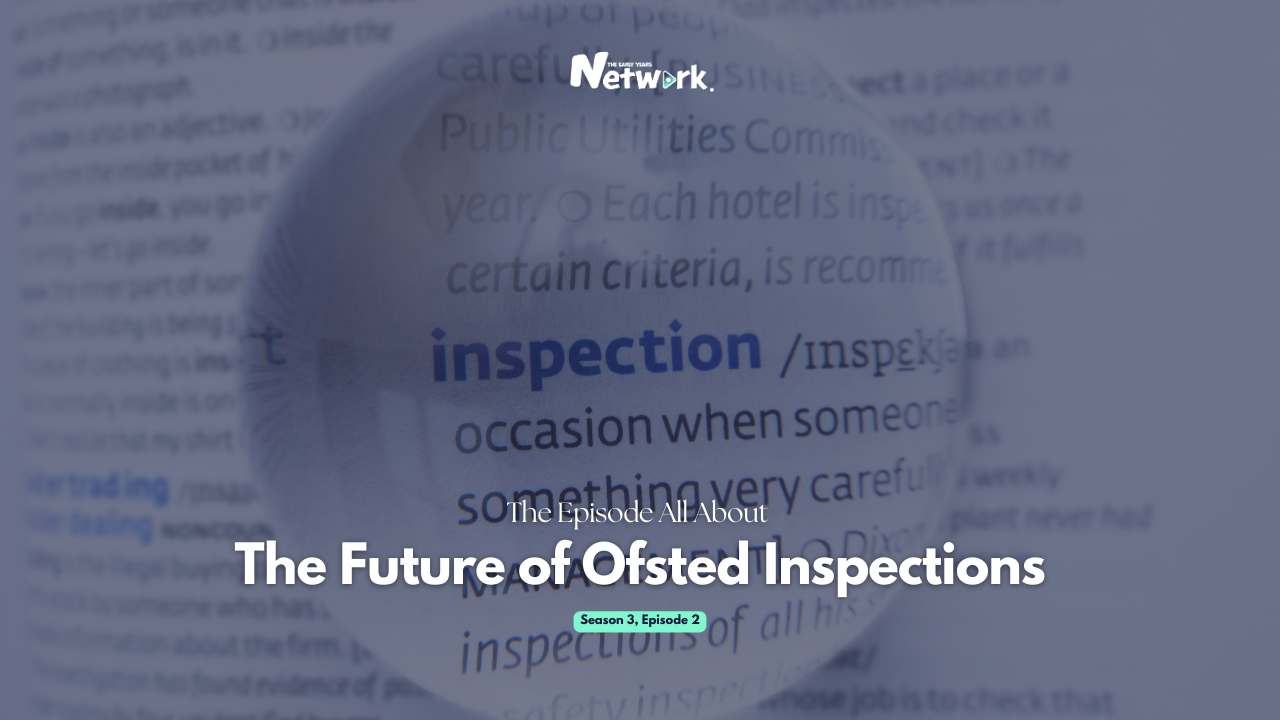
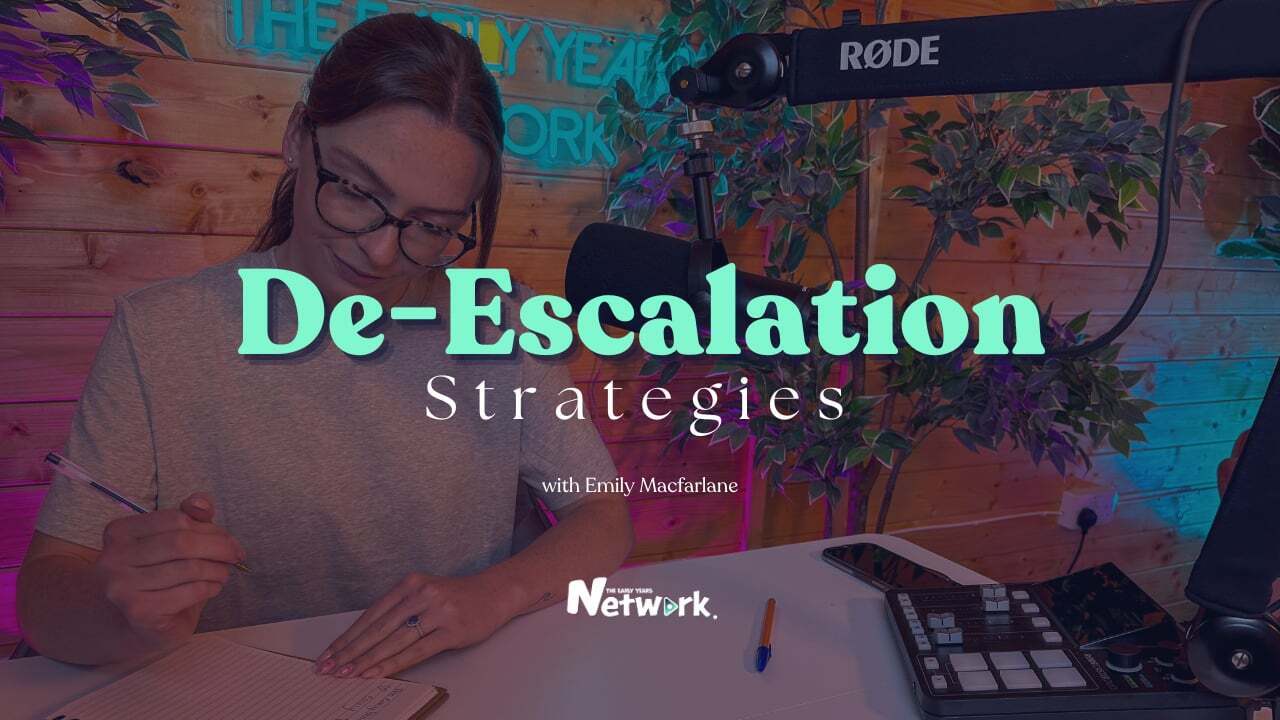


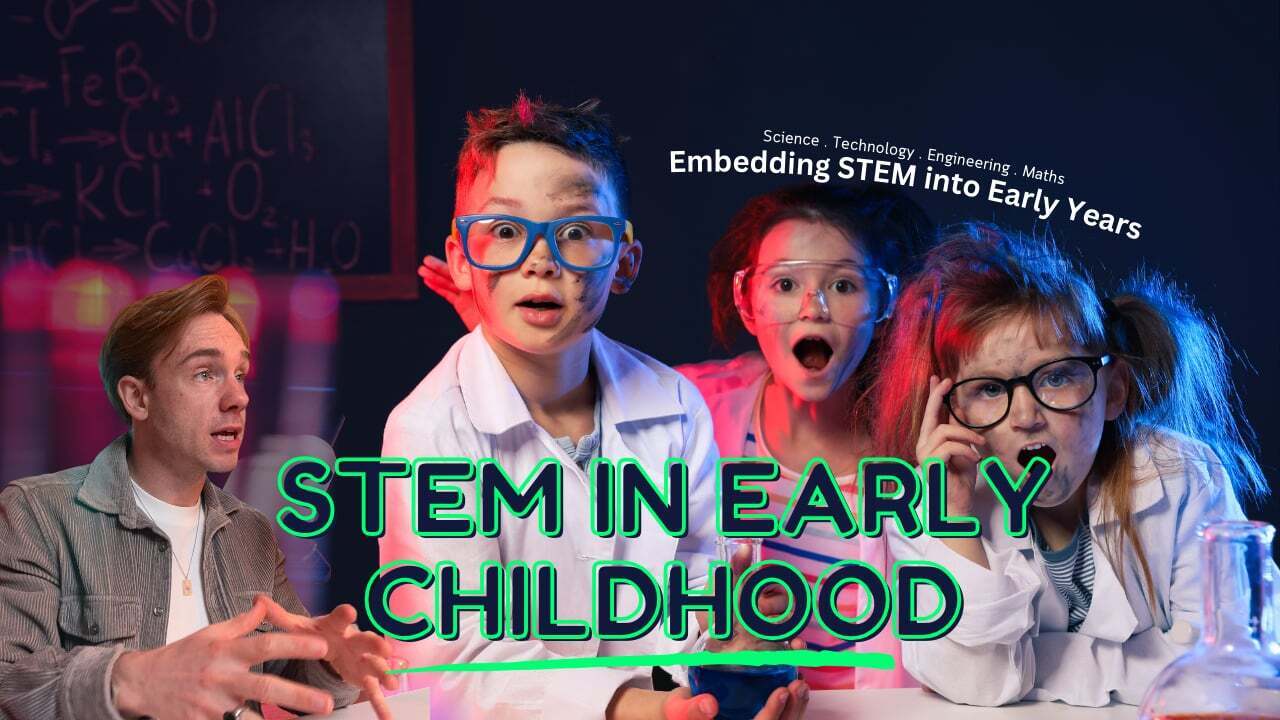
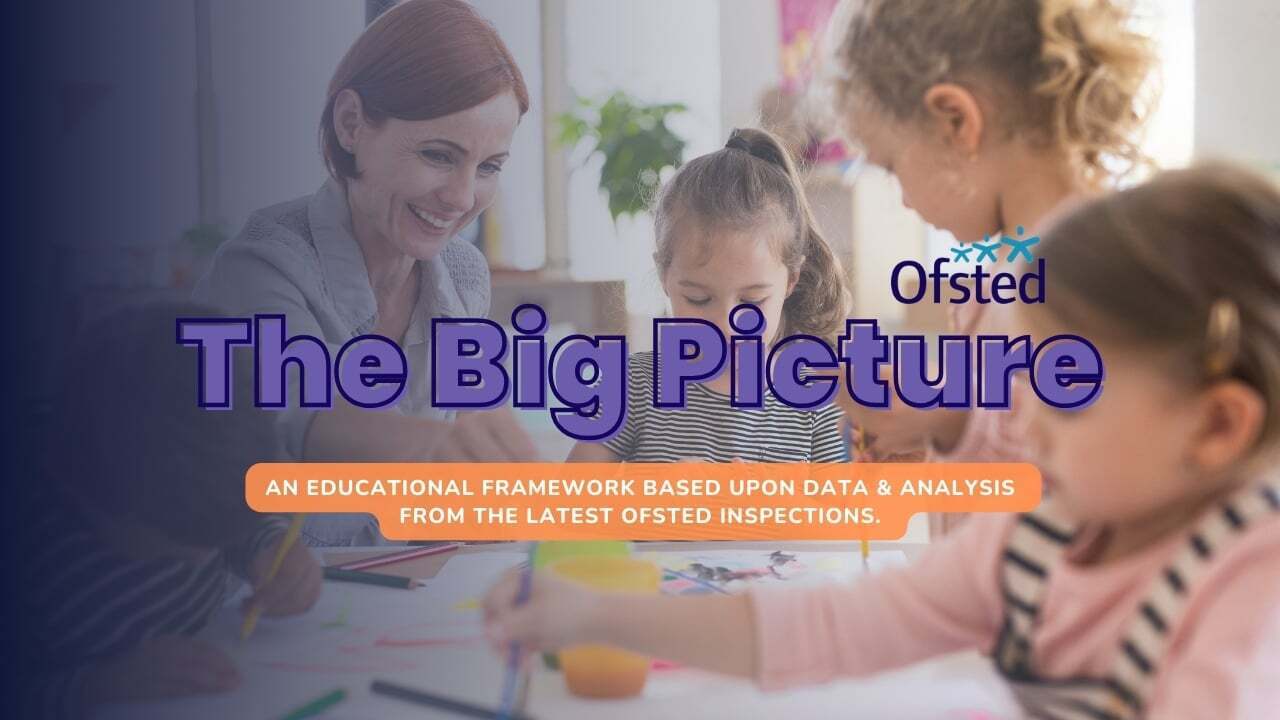
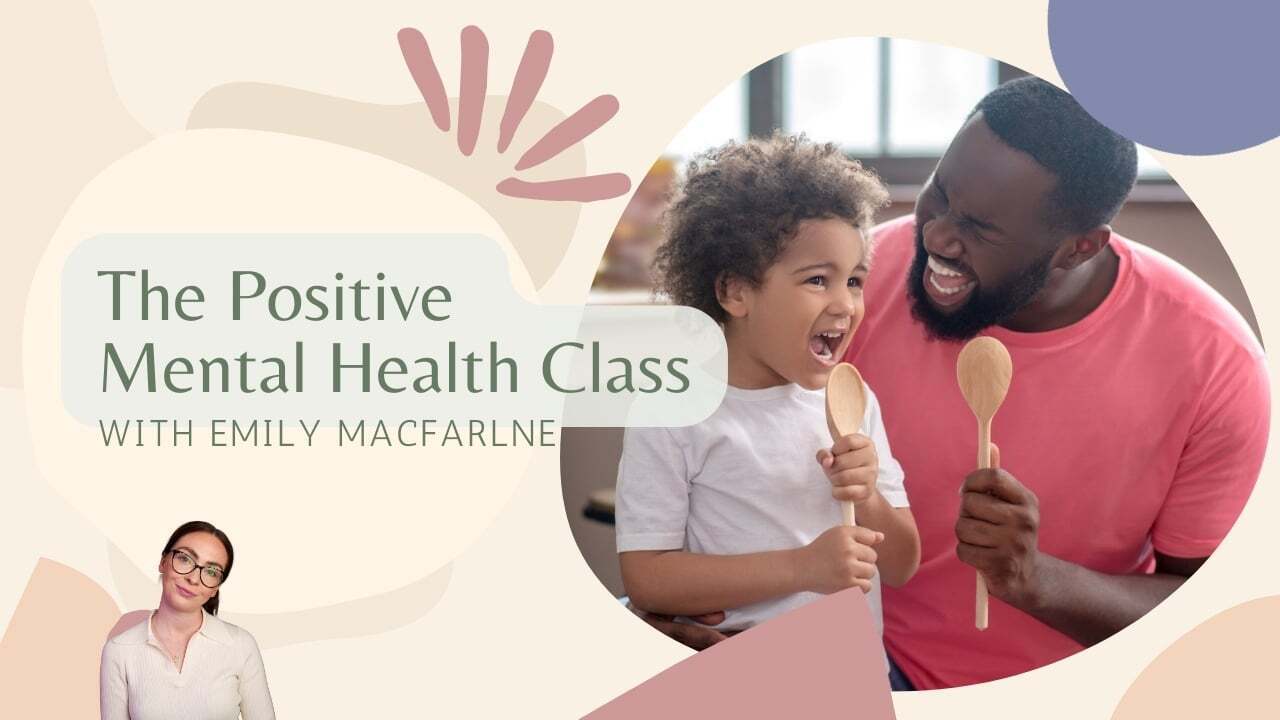
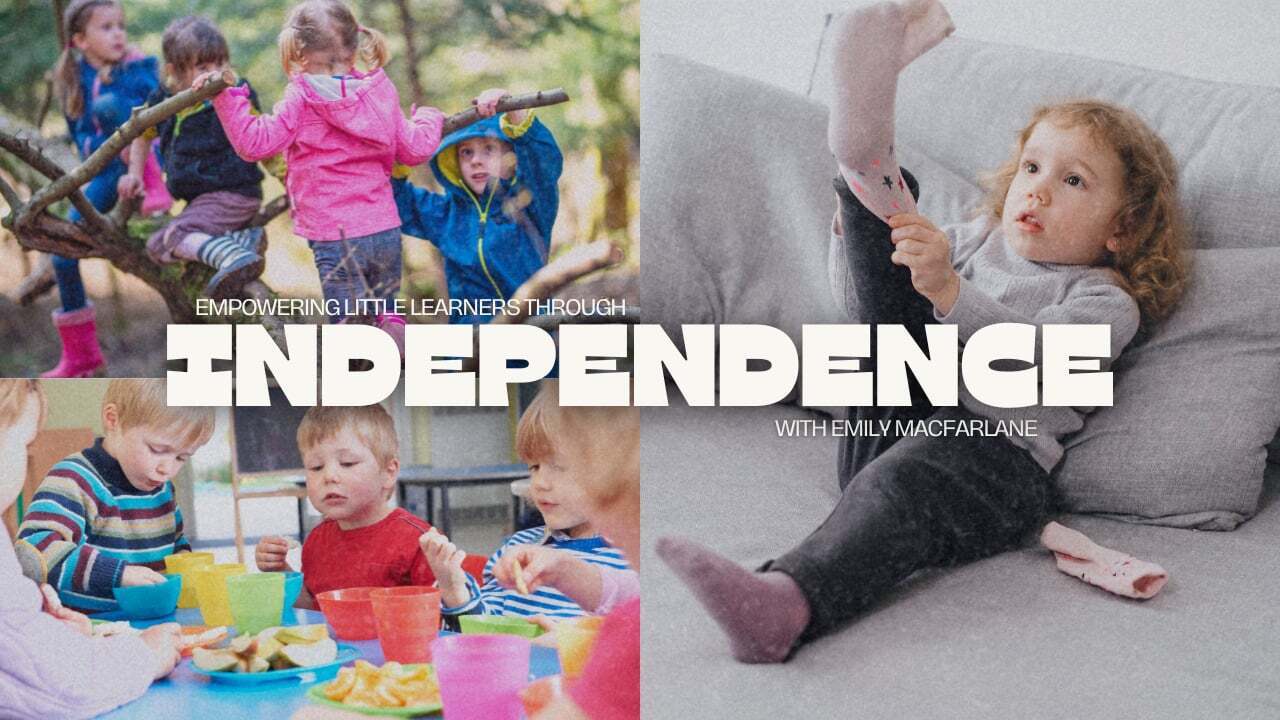
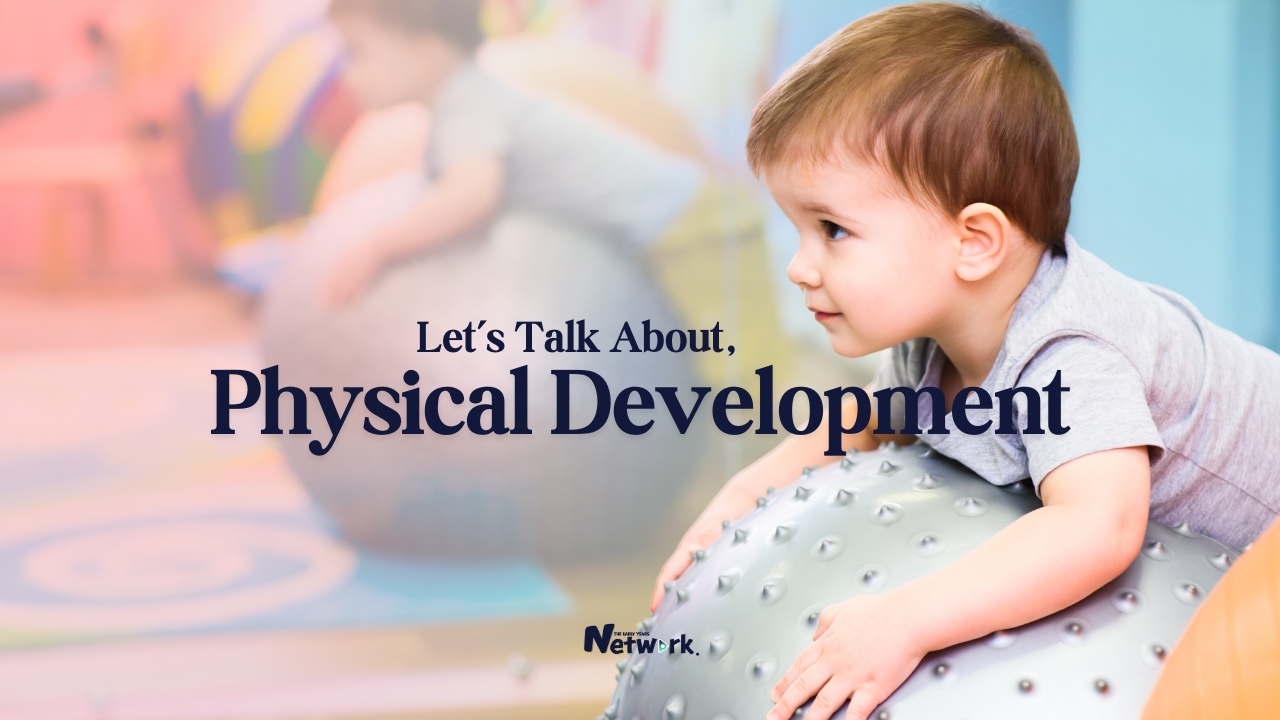
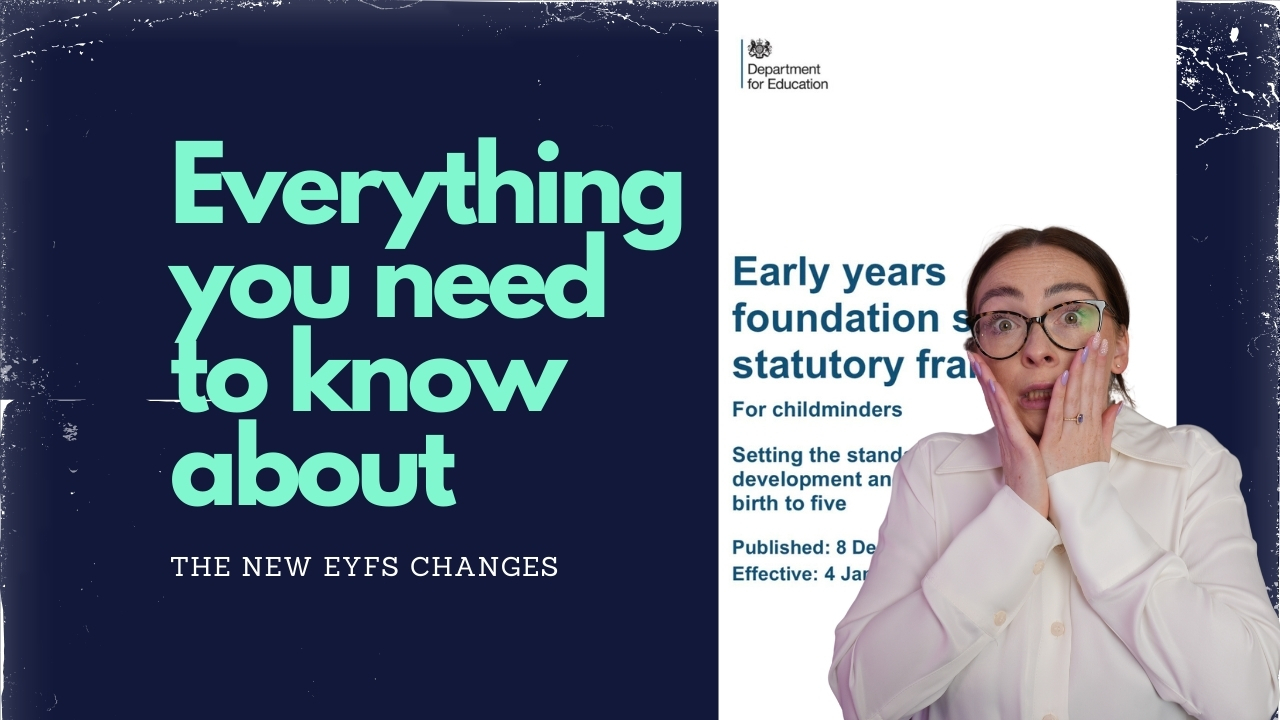

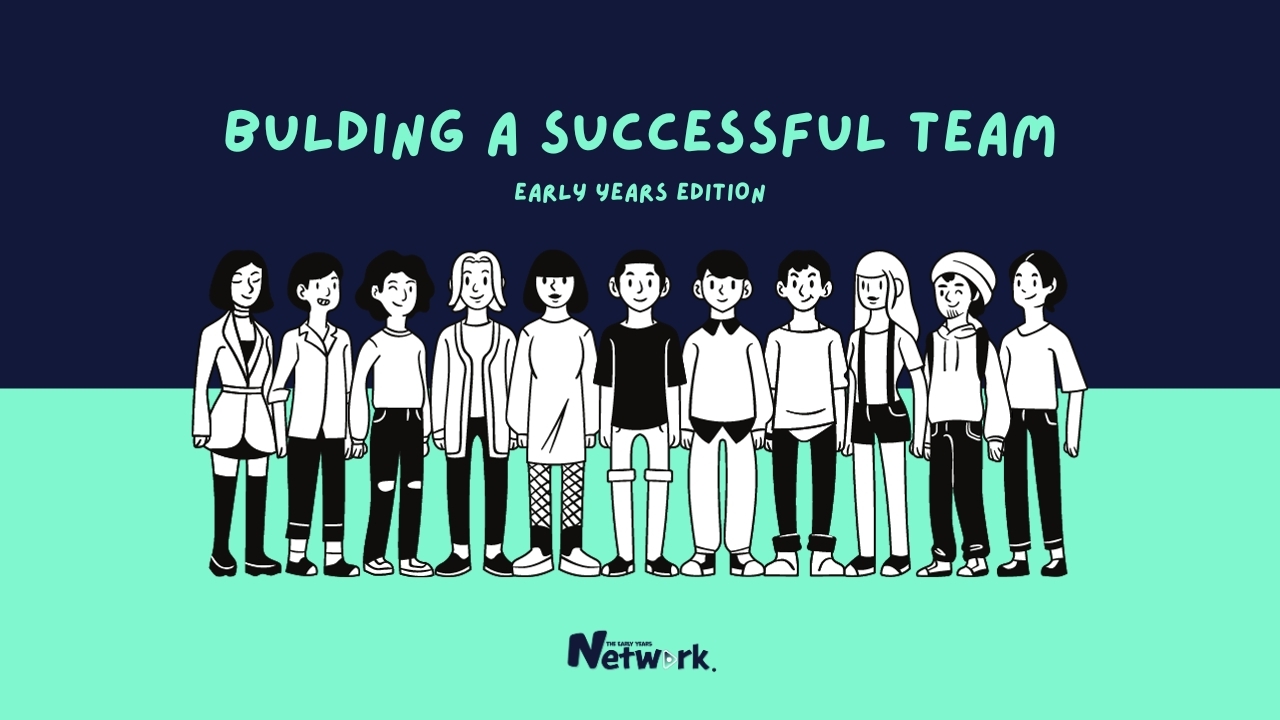
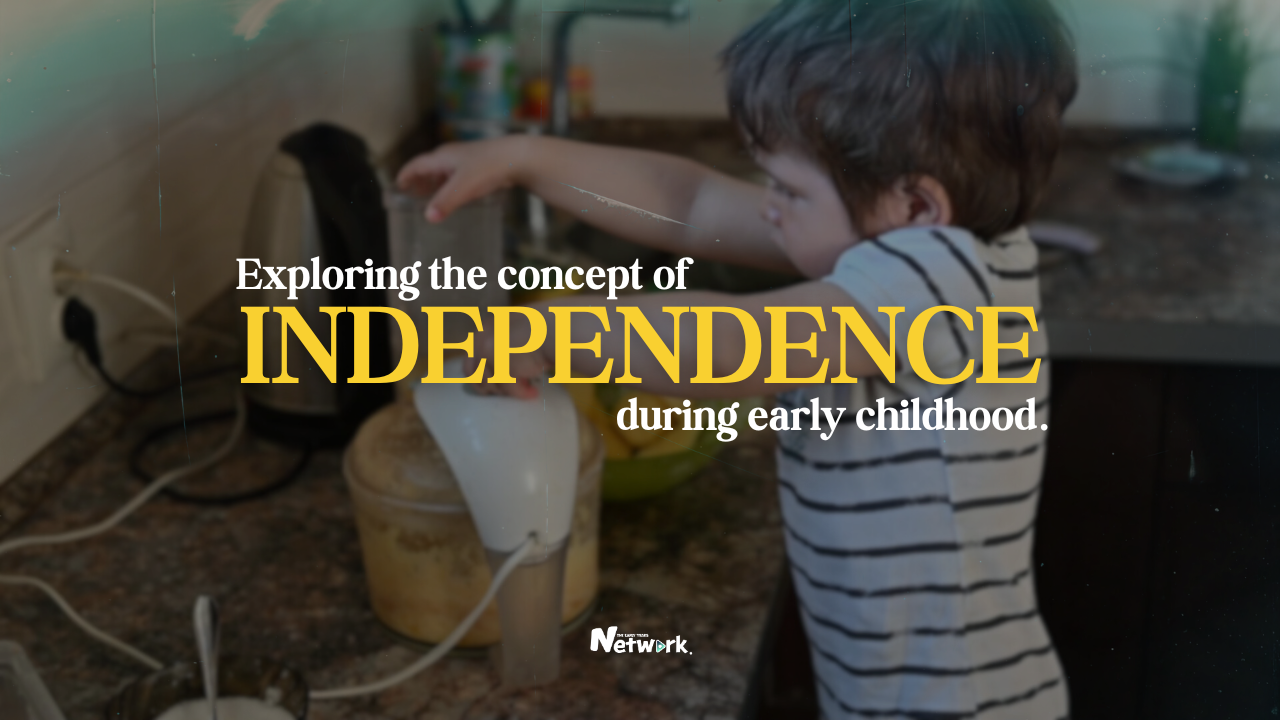
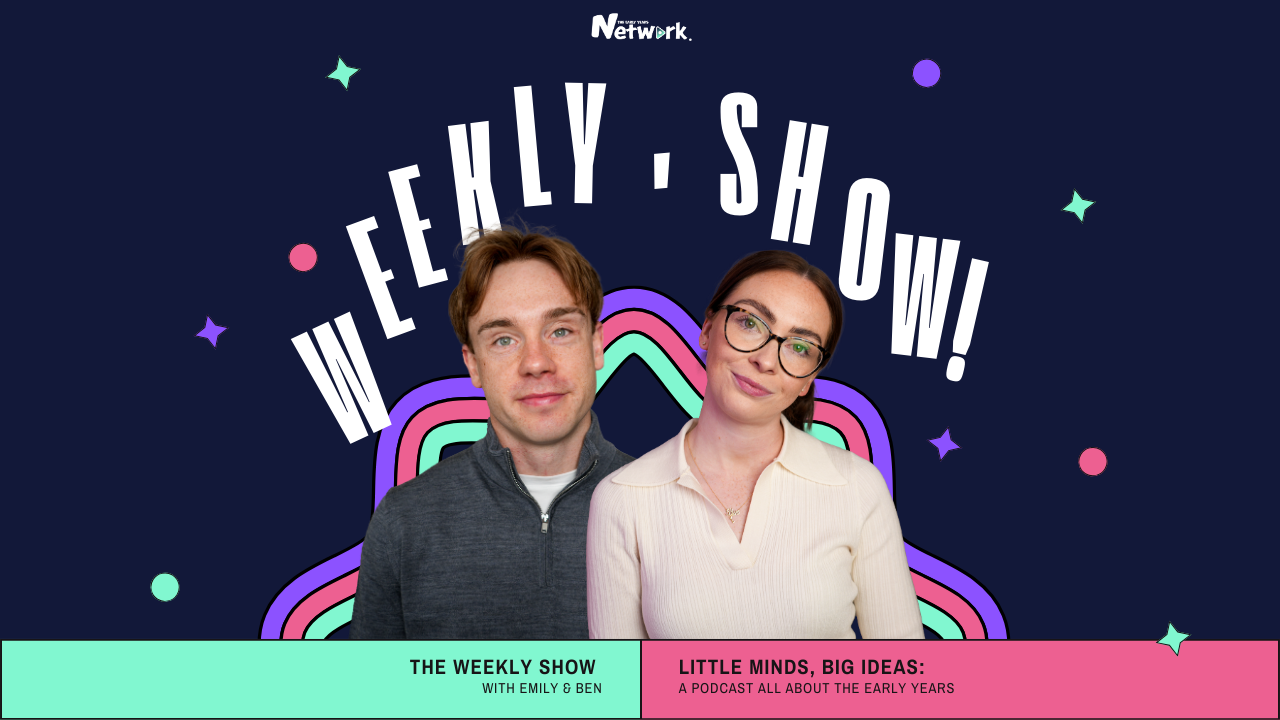

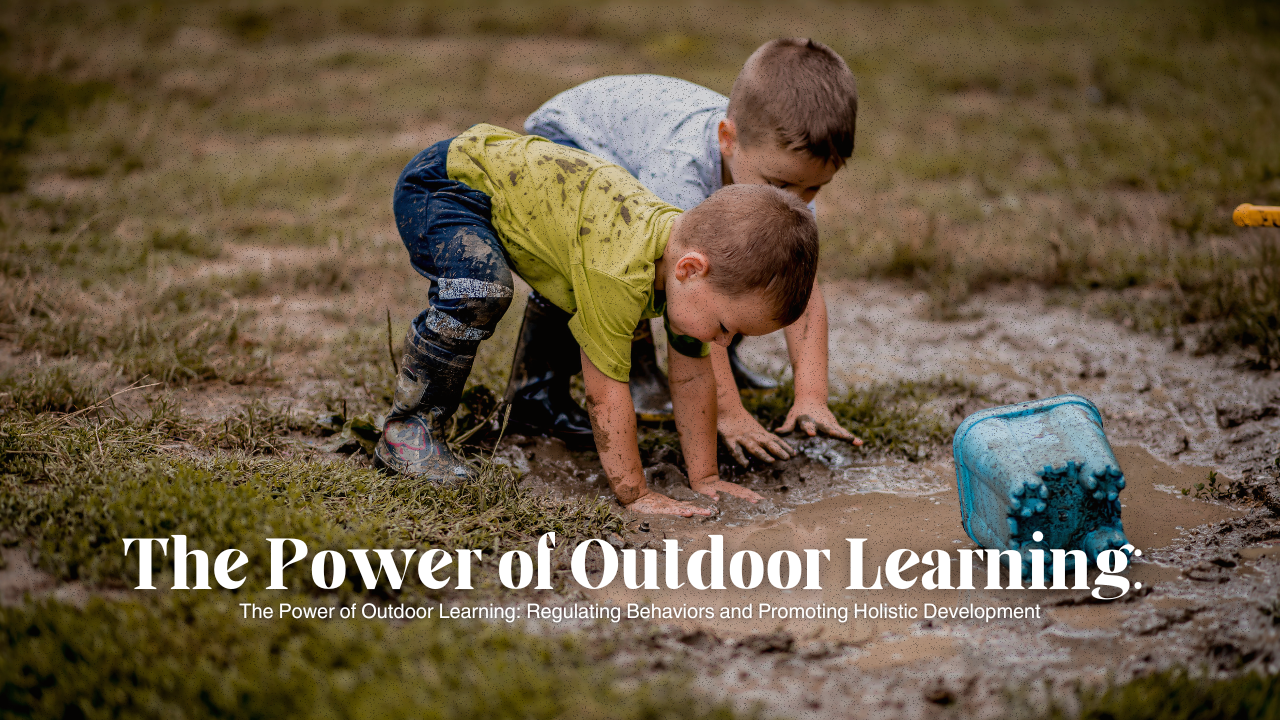
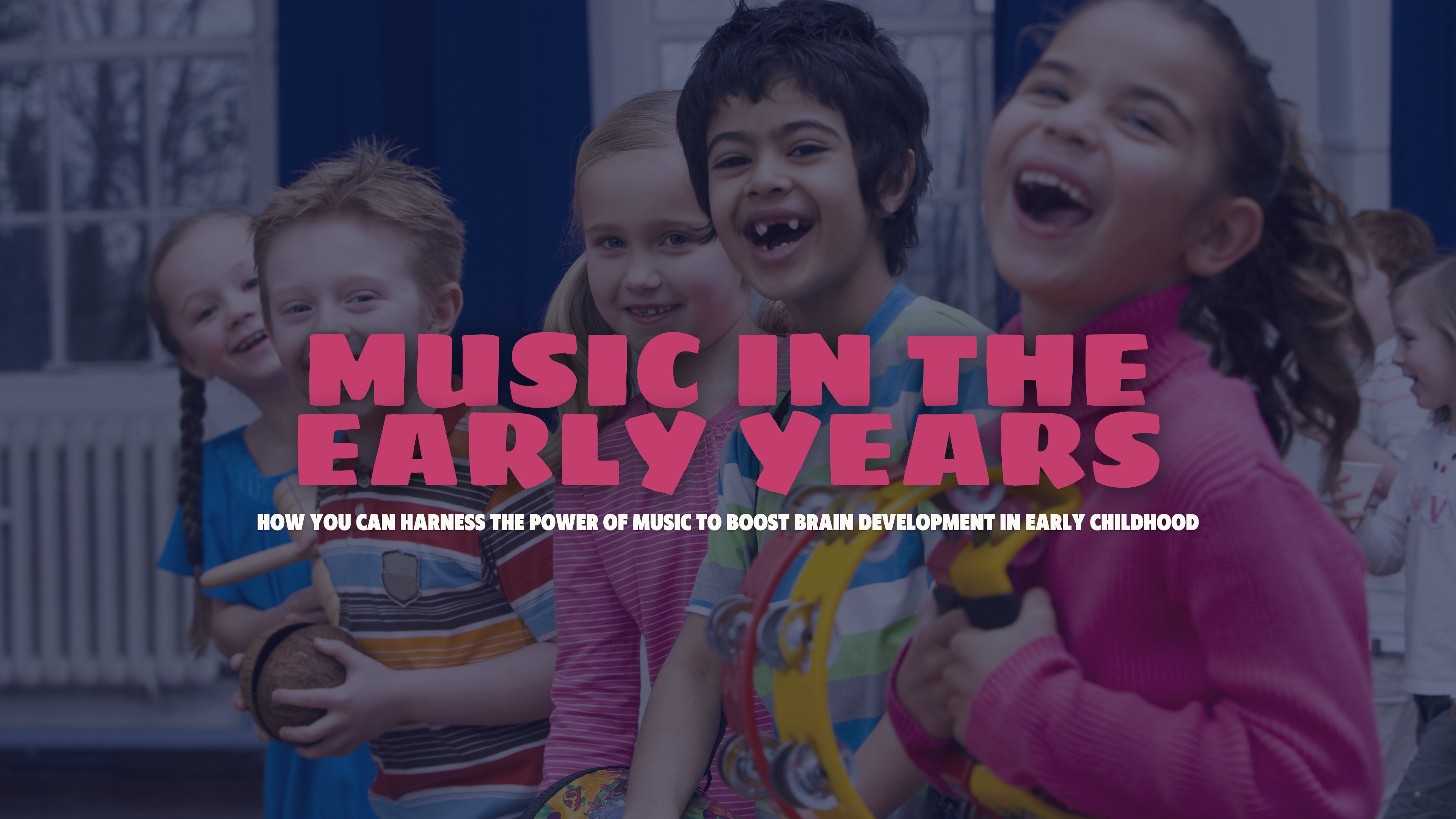
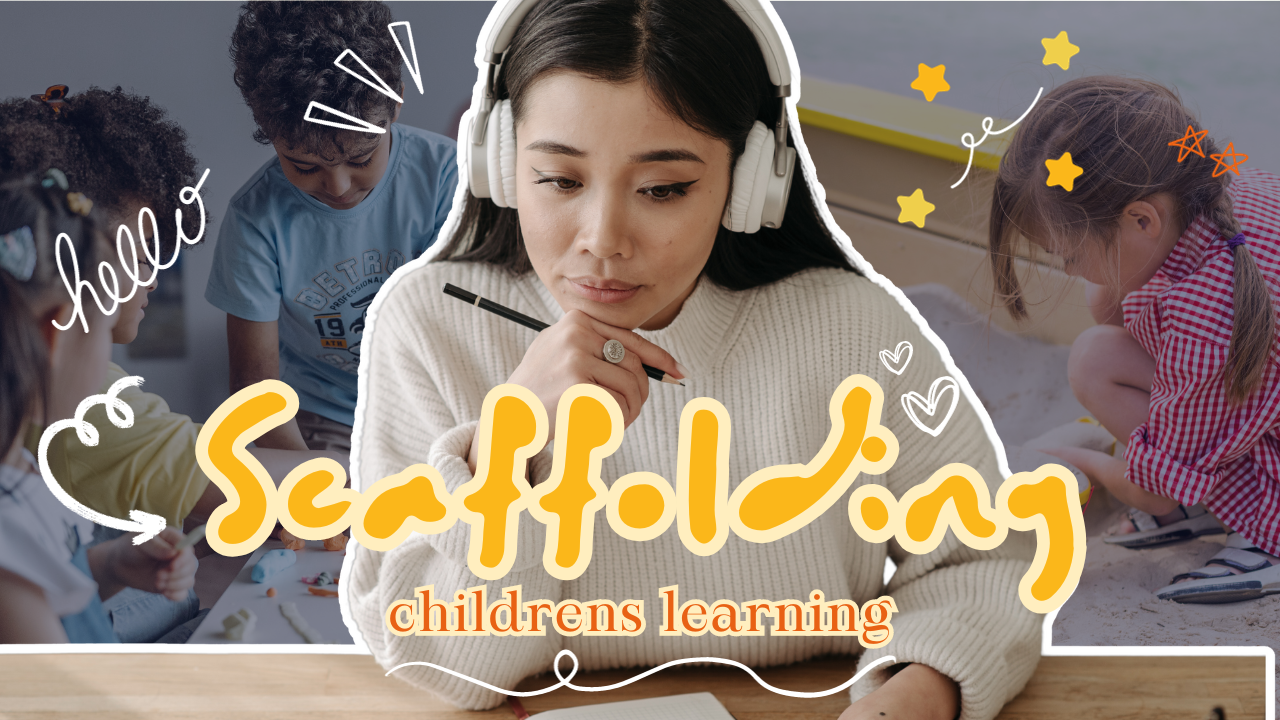
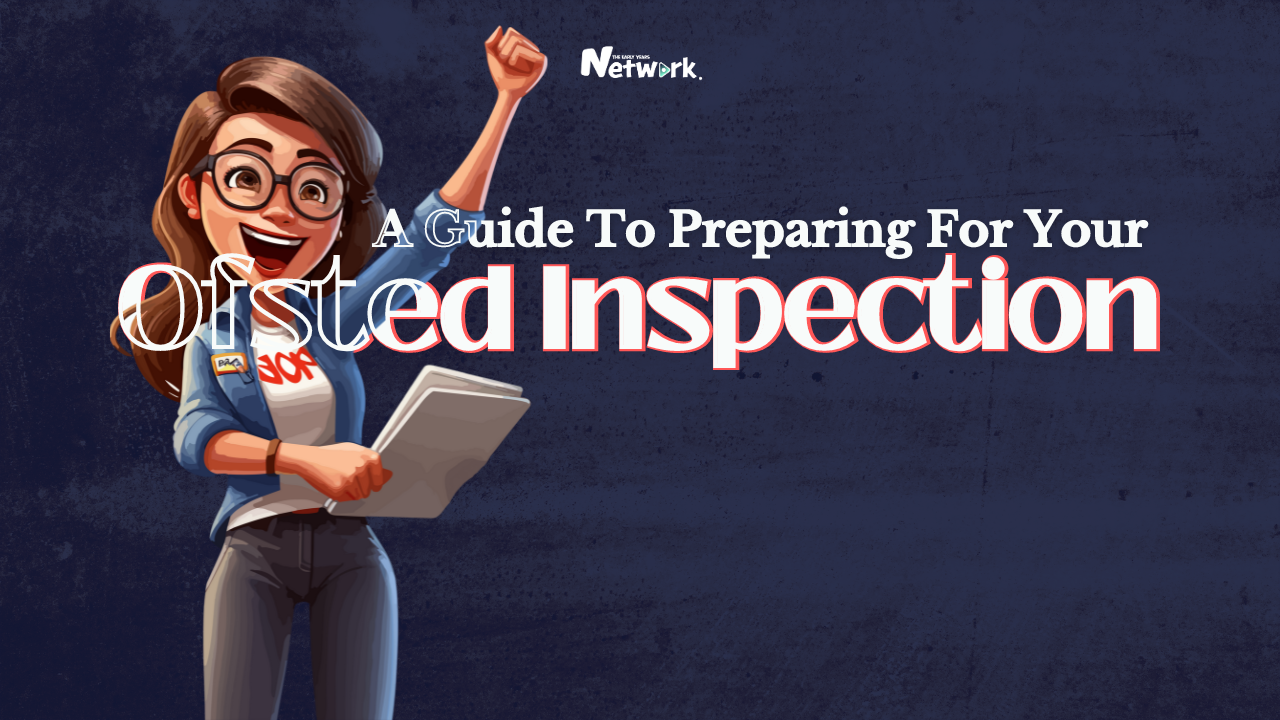
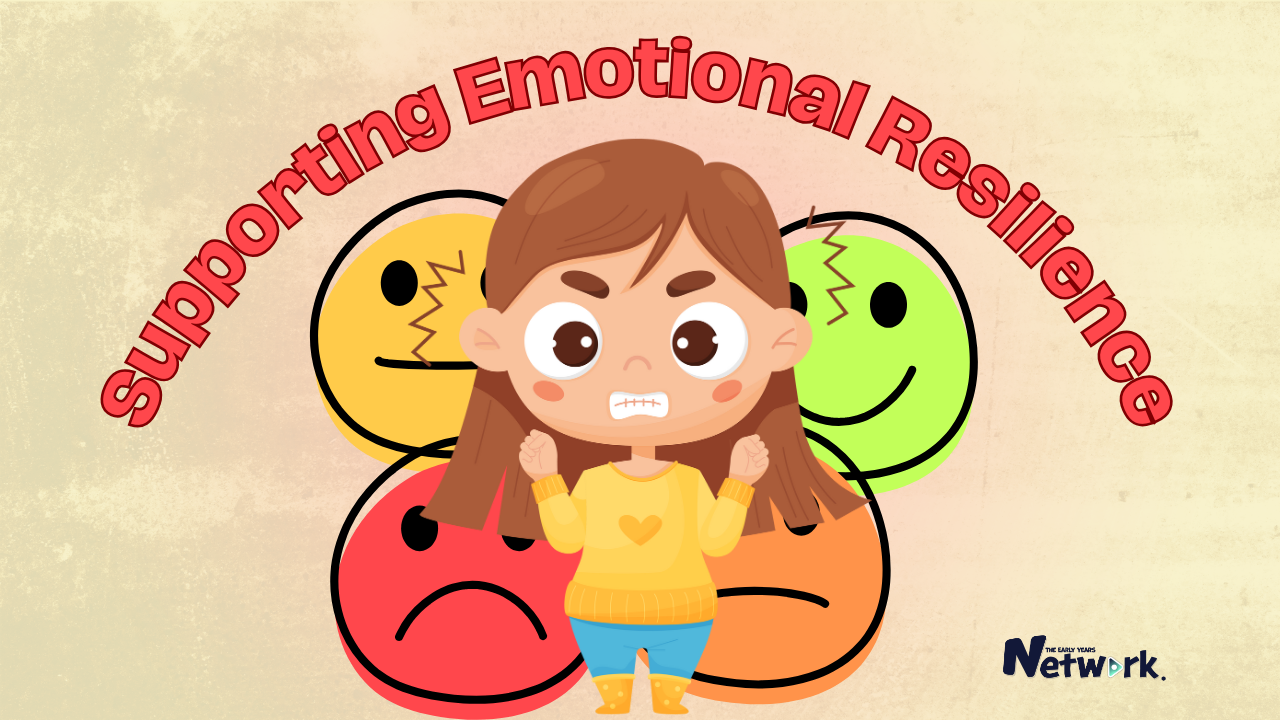
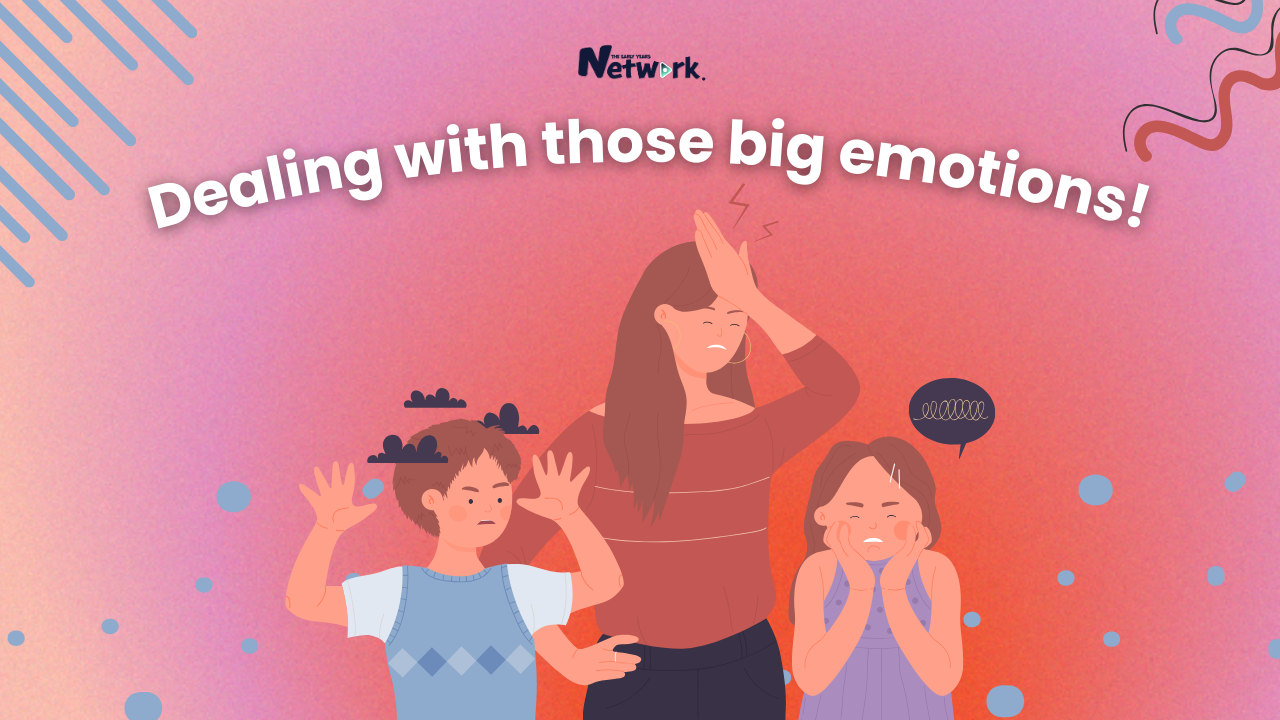
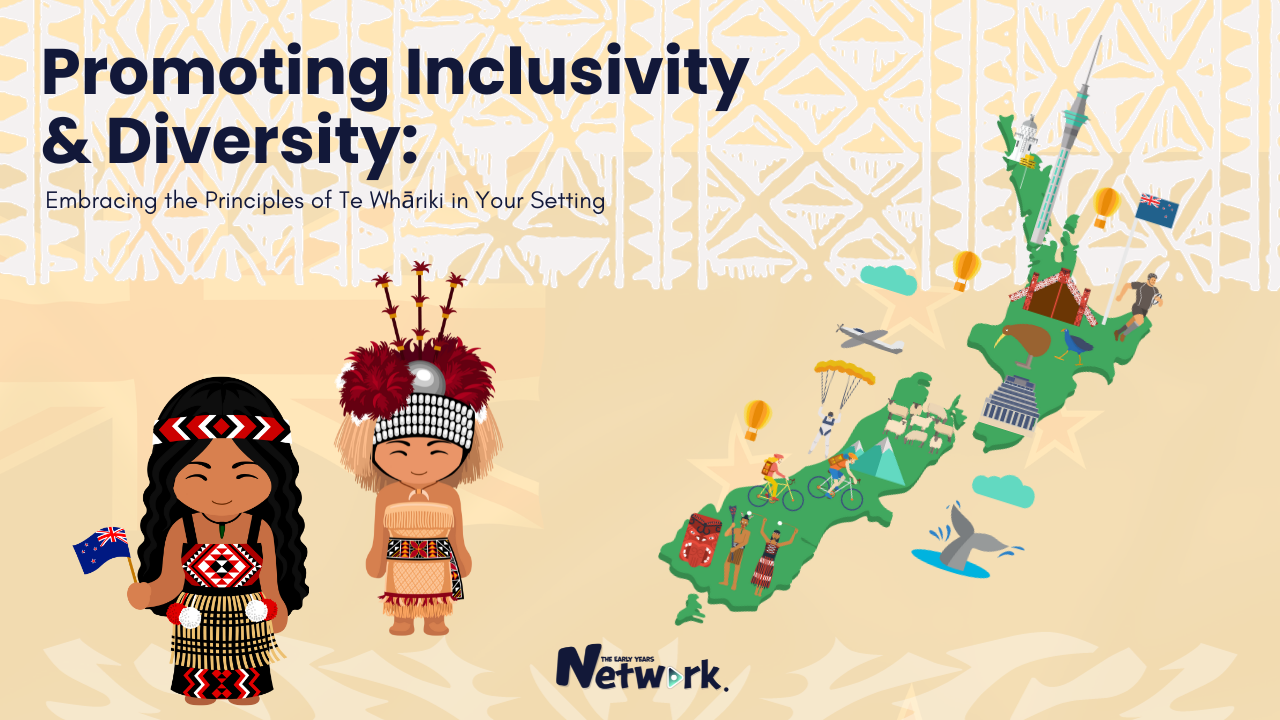
Comments 0
Leave a comment
Only your name will be published. Required fields are marked *